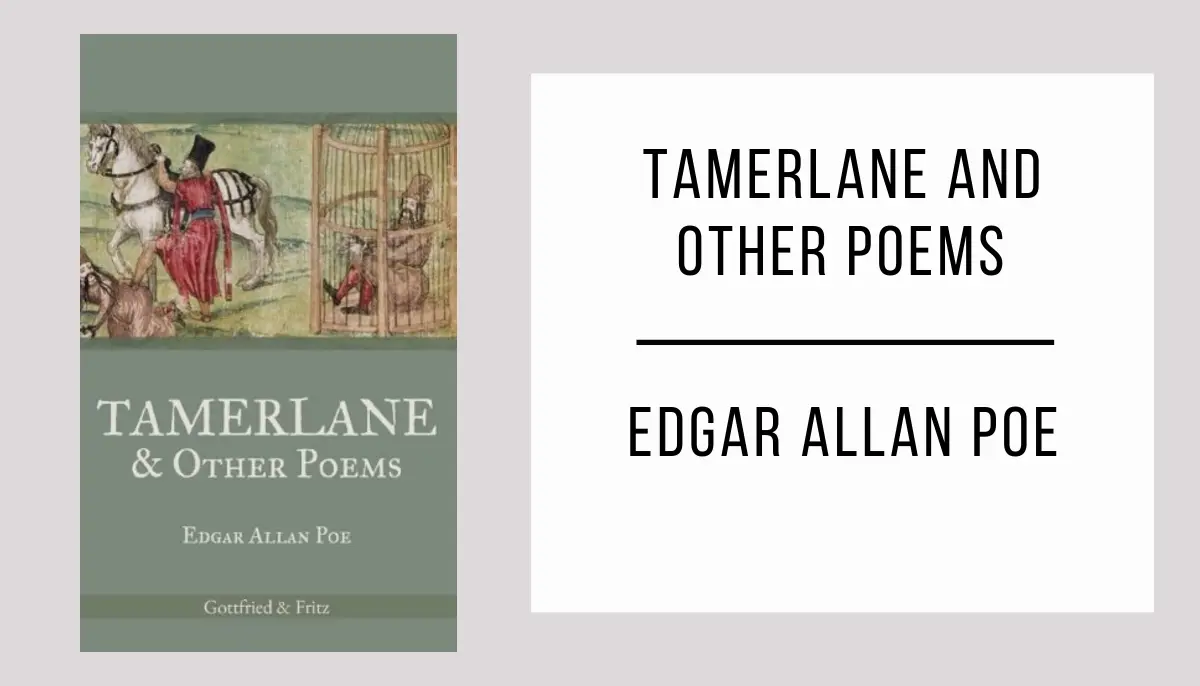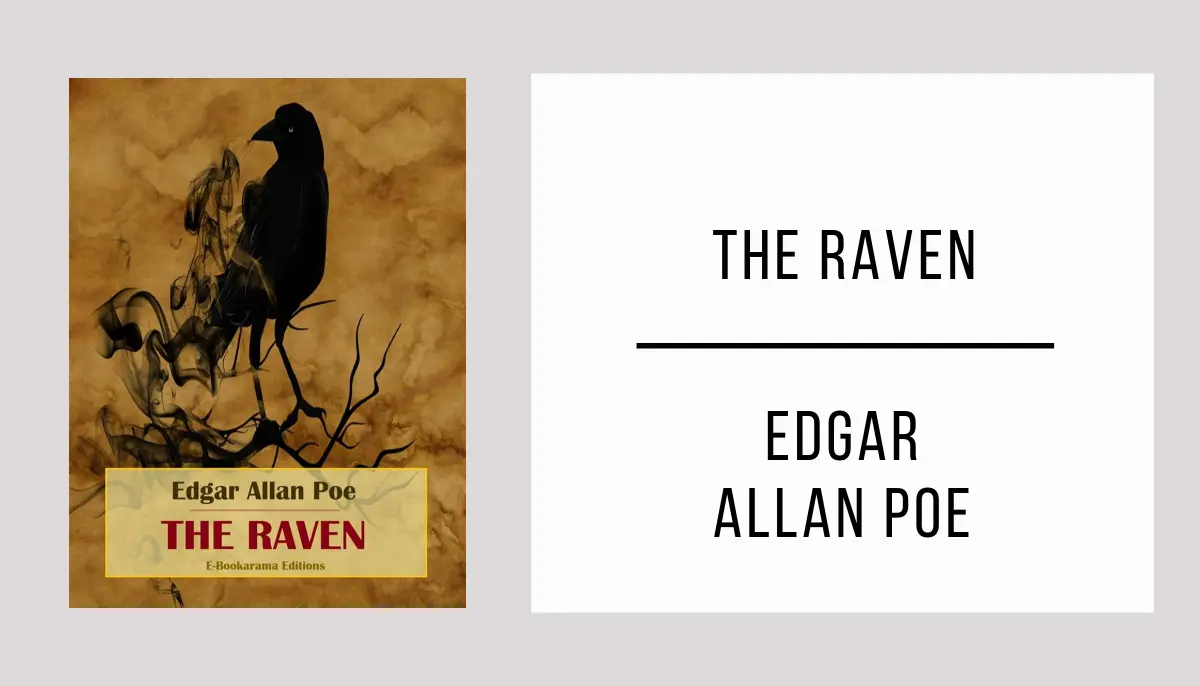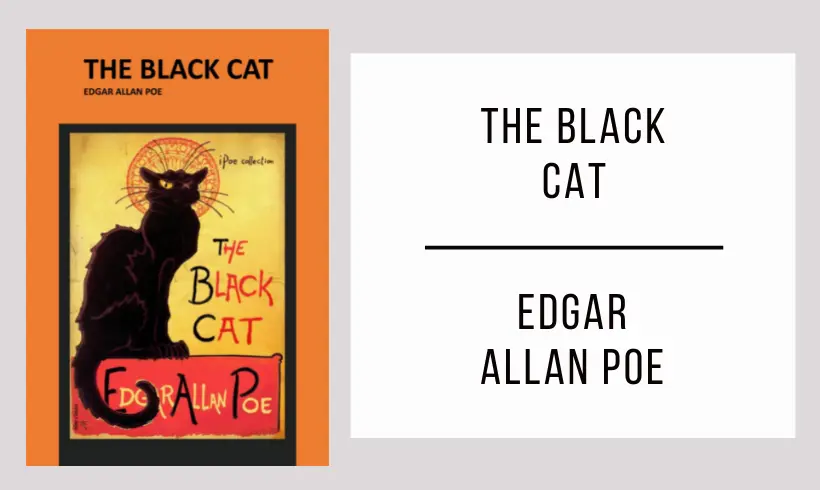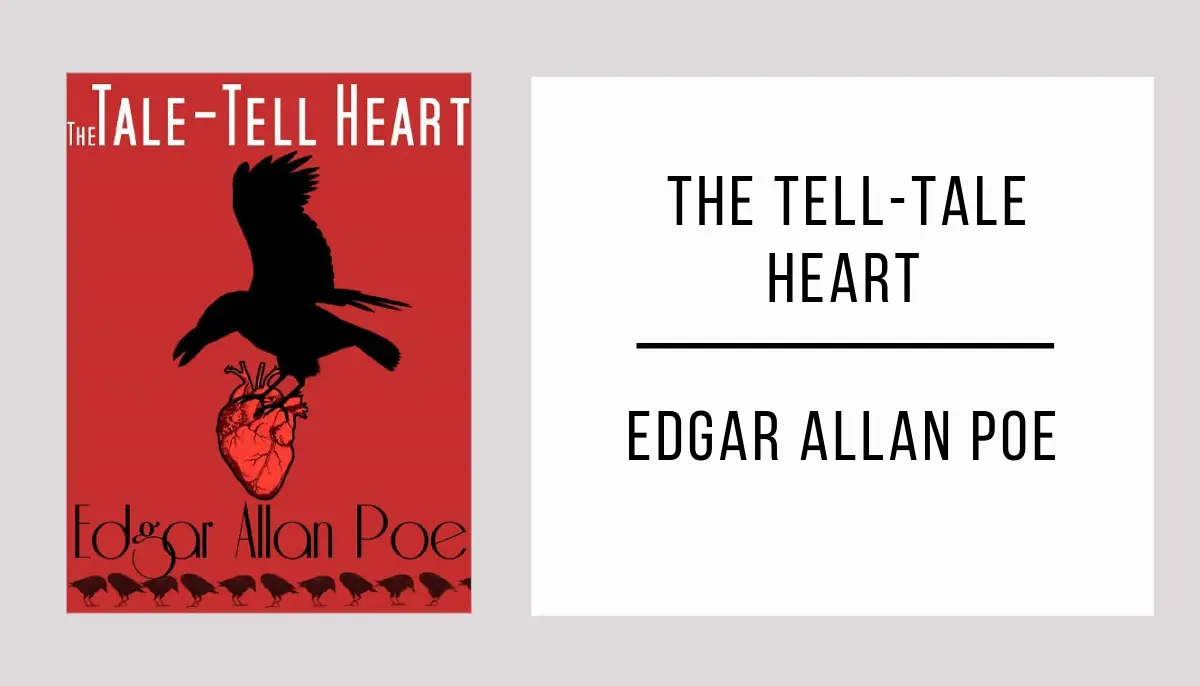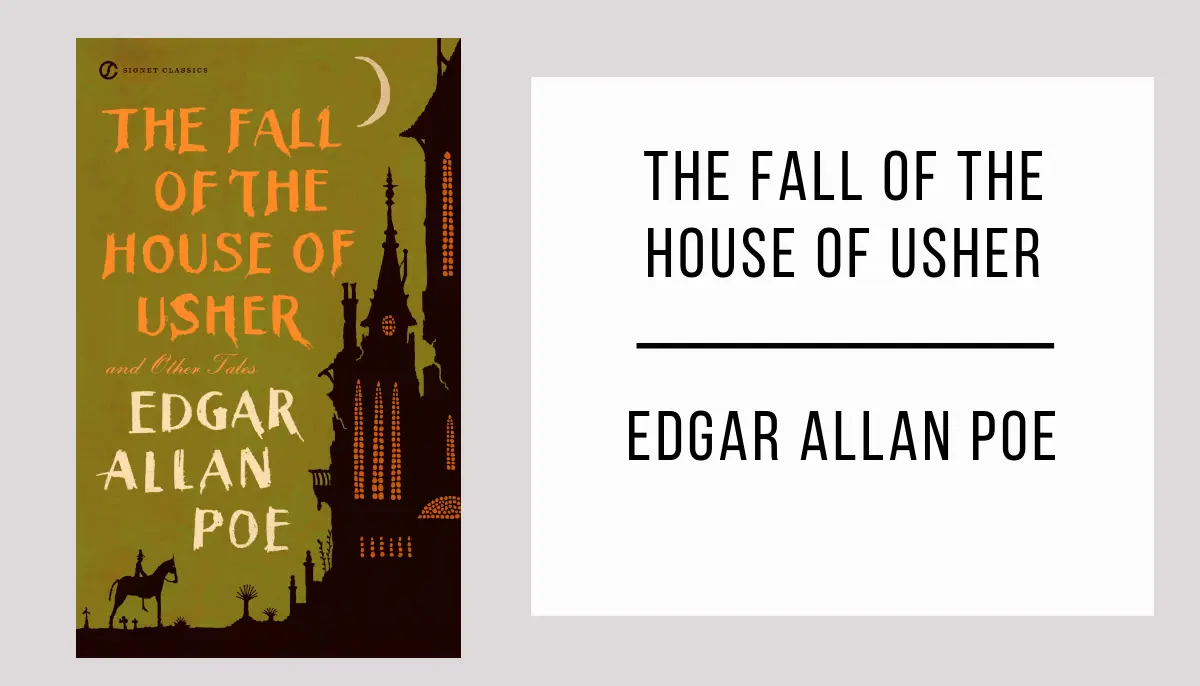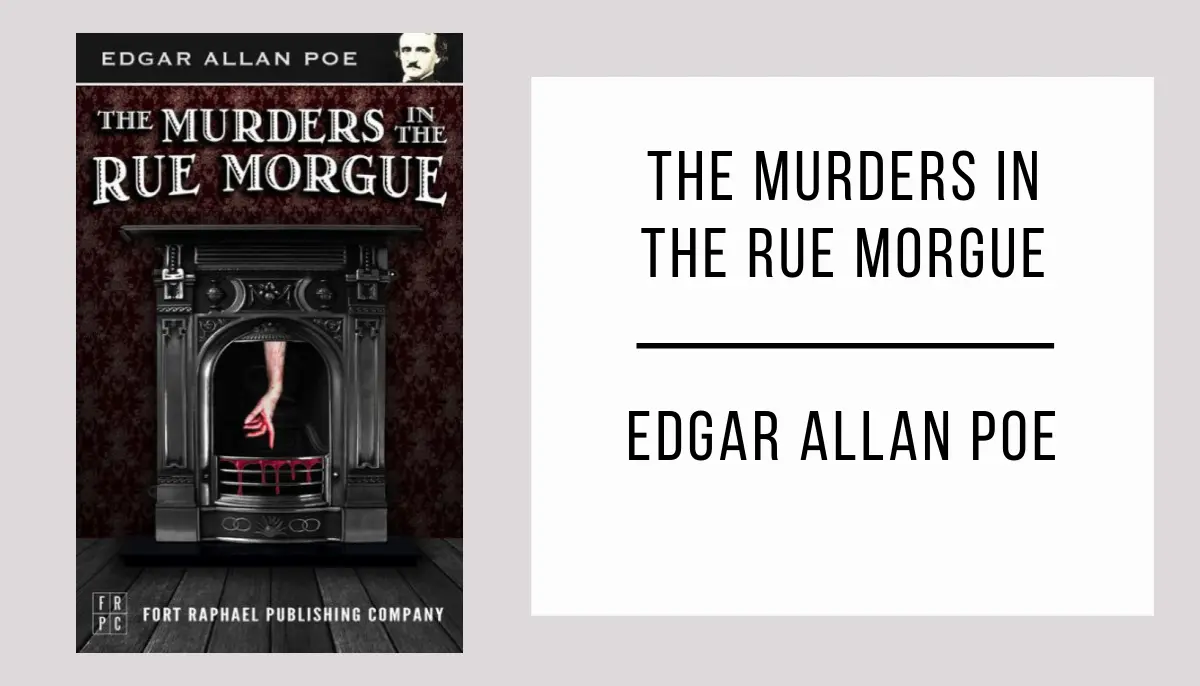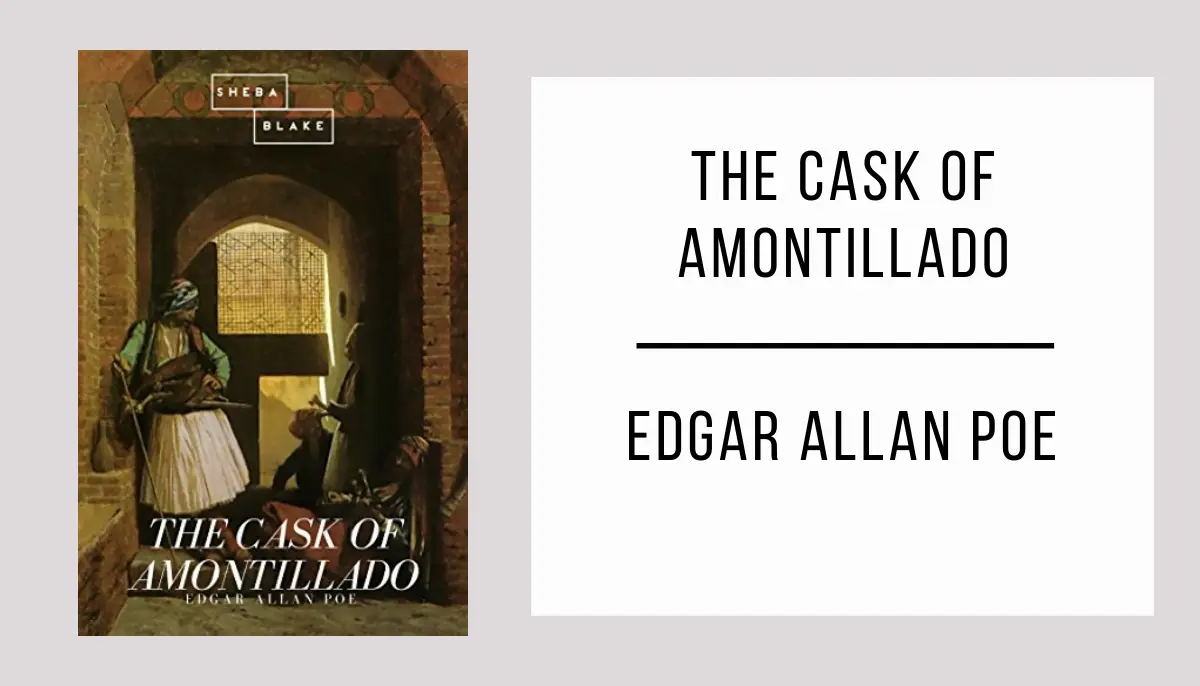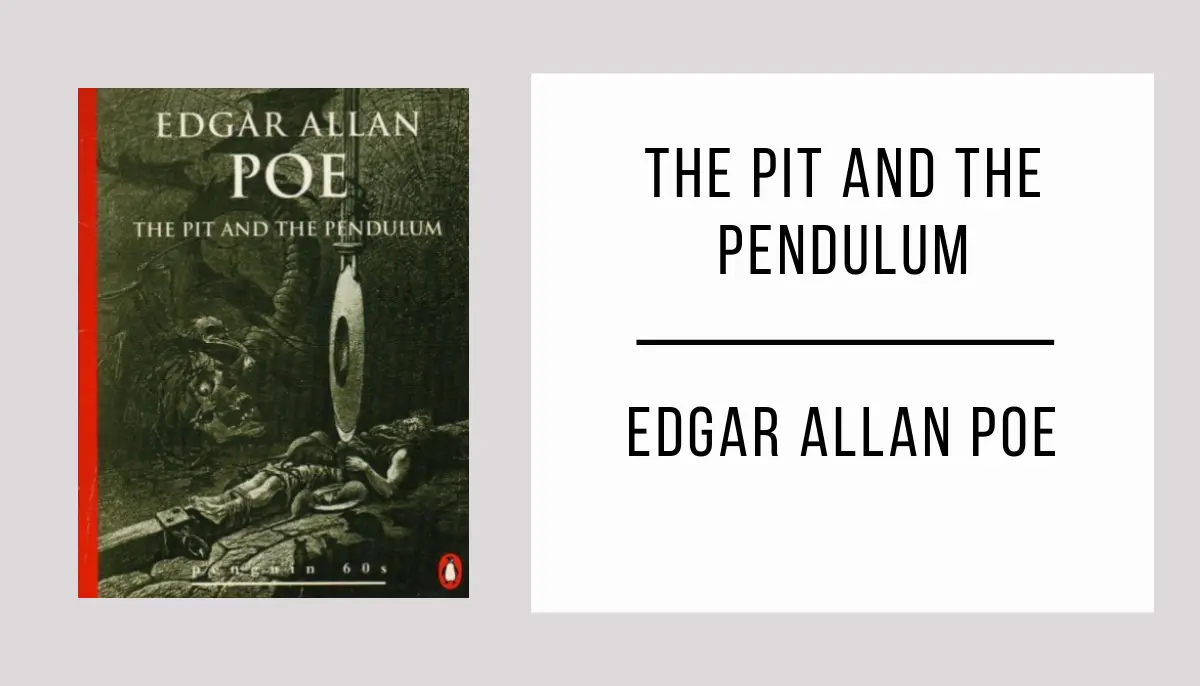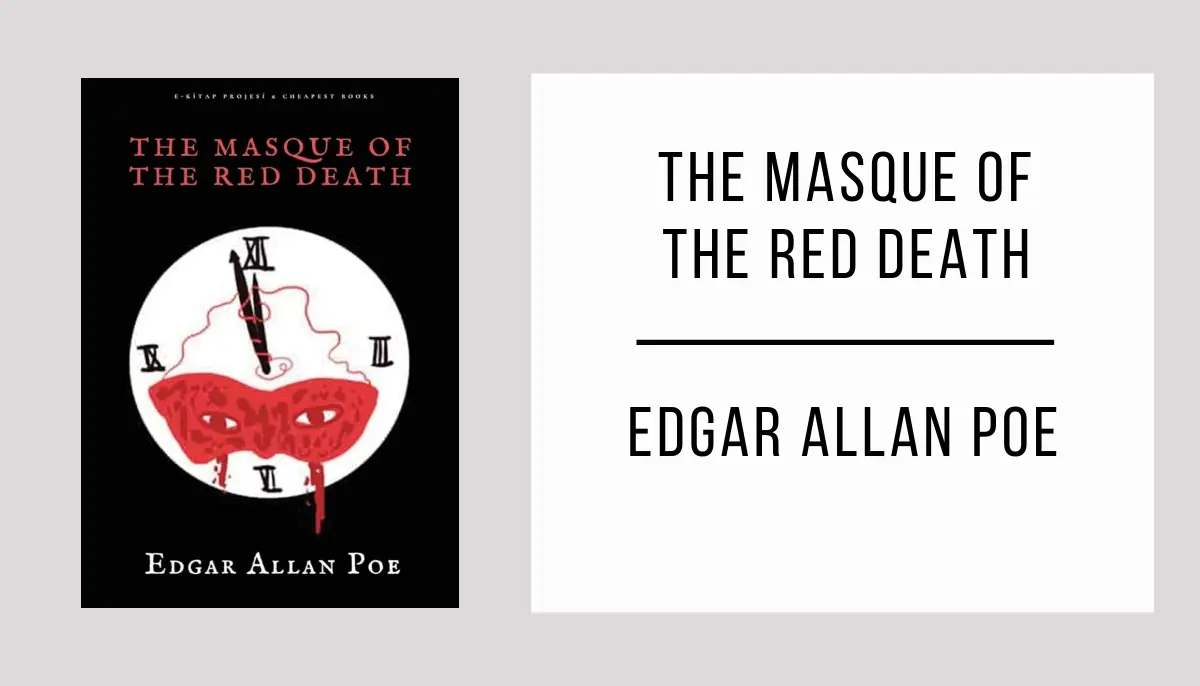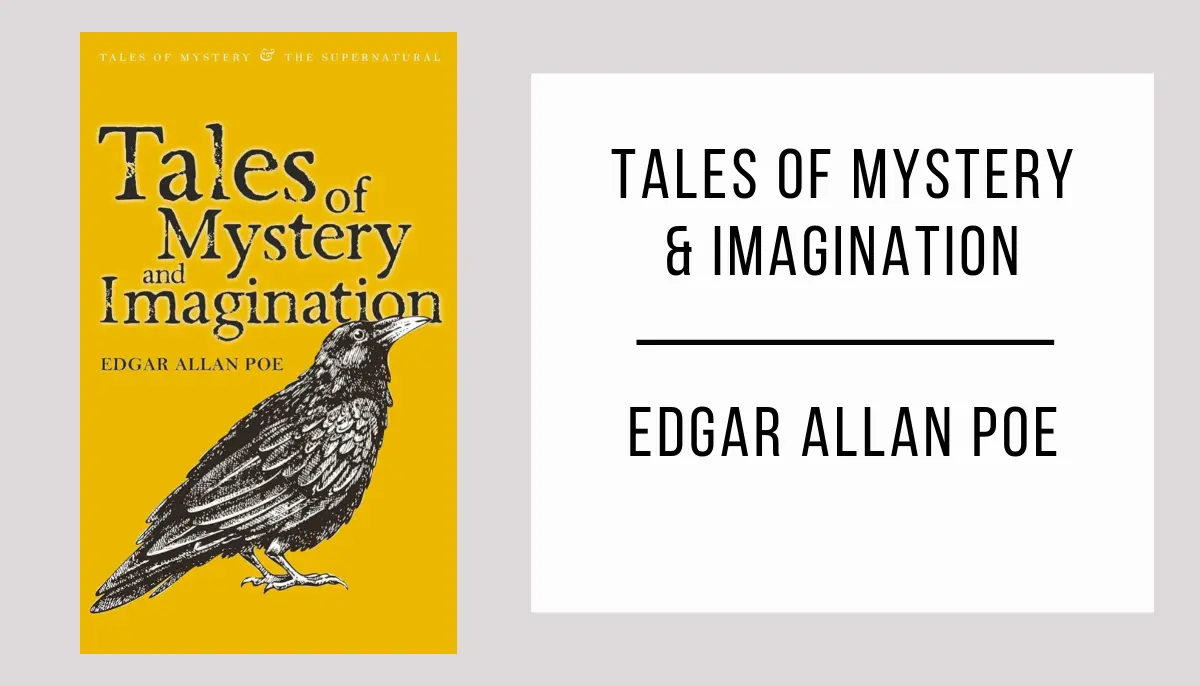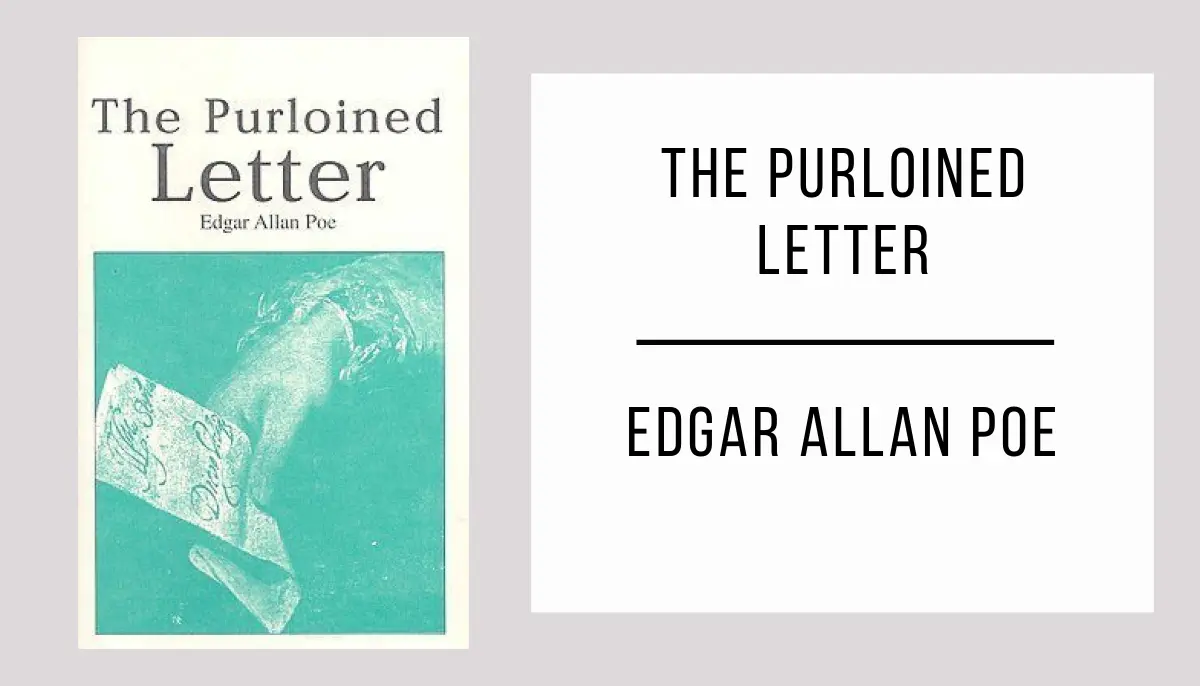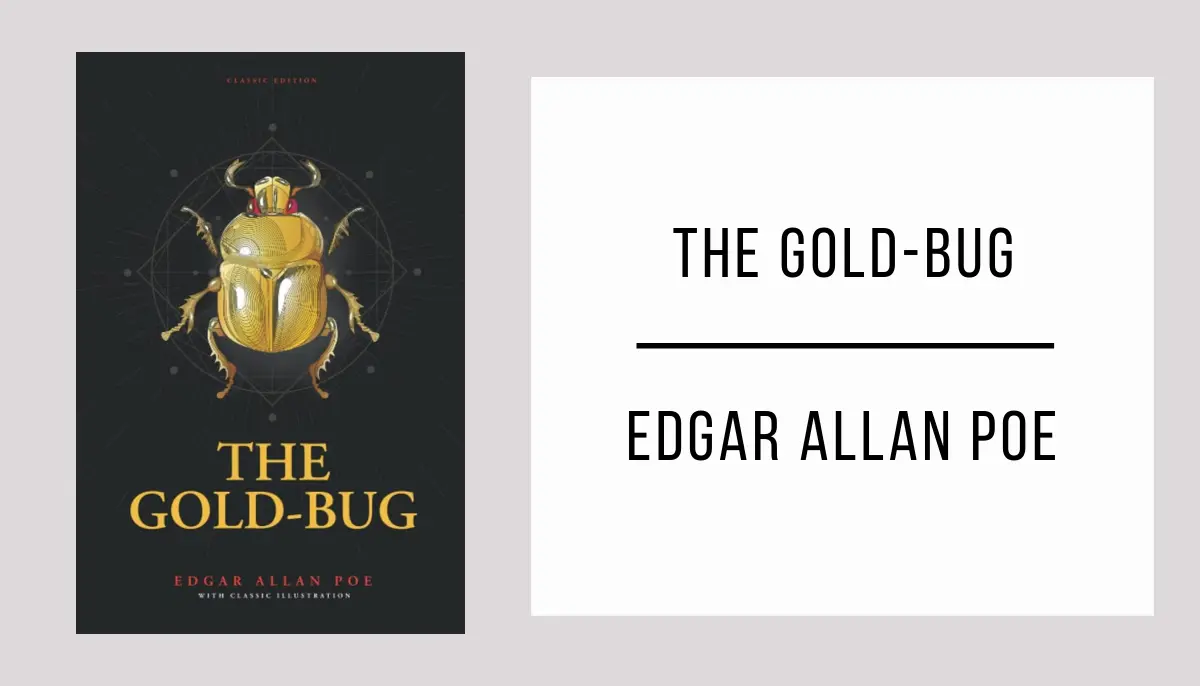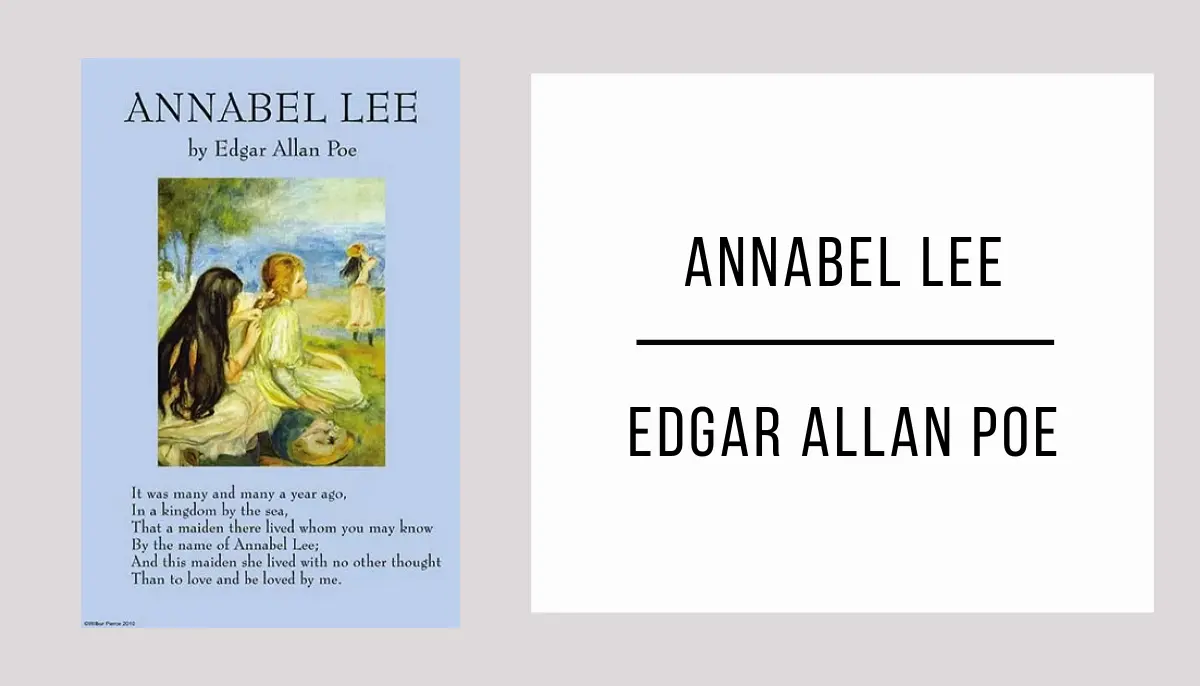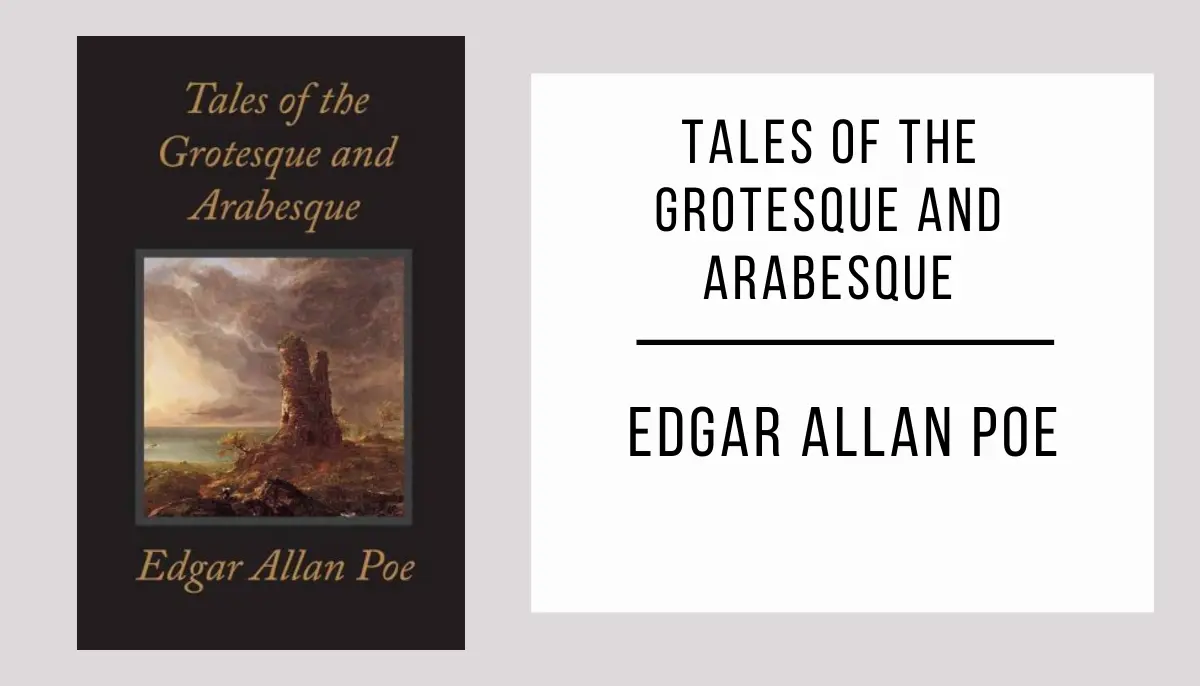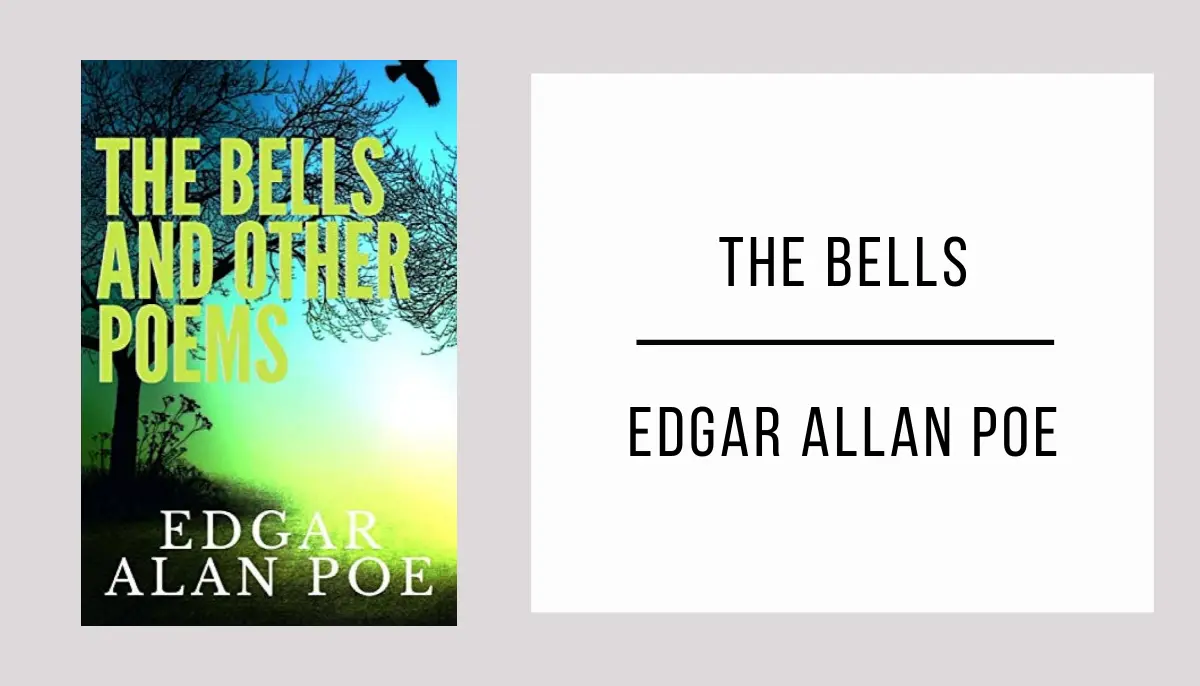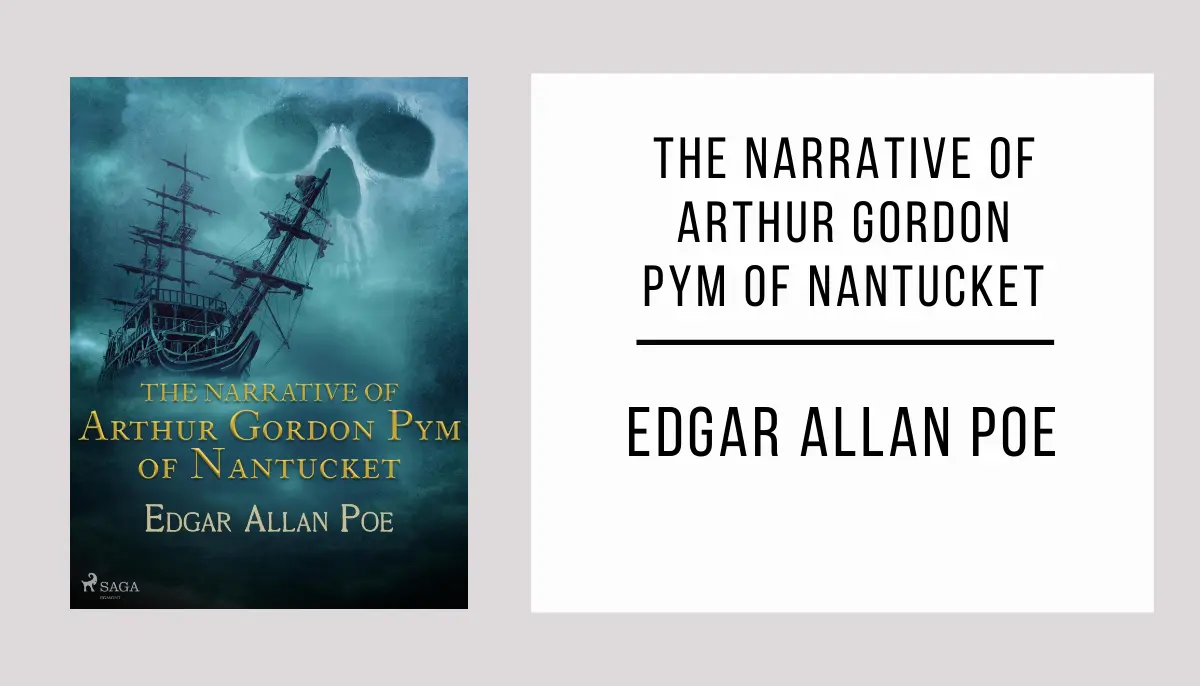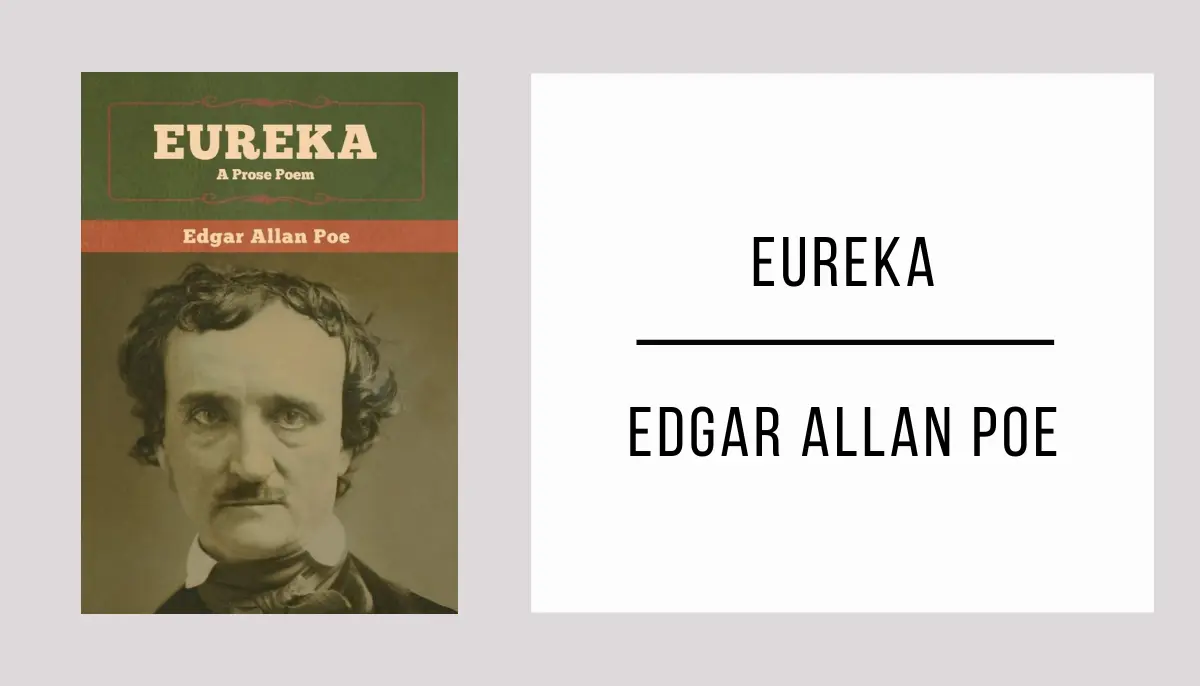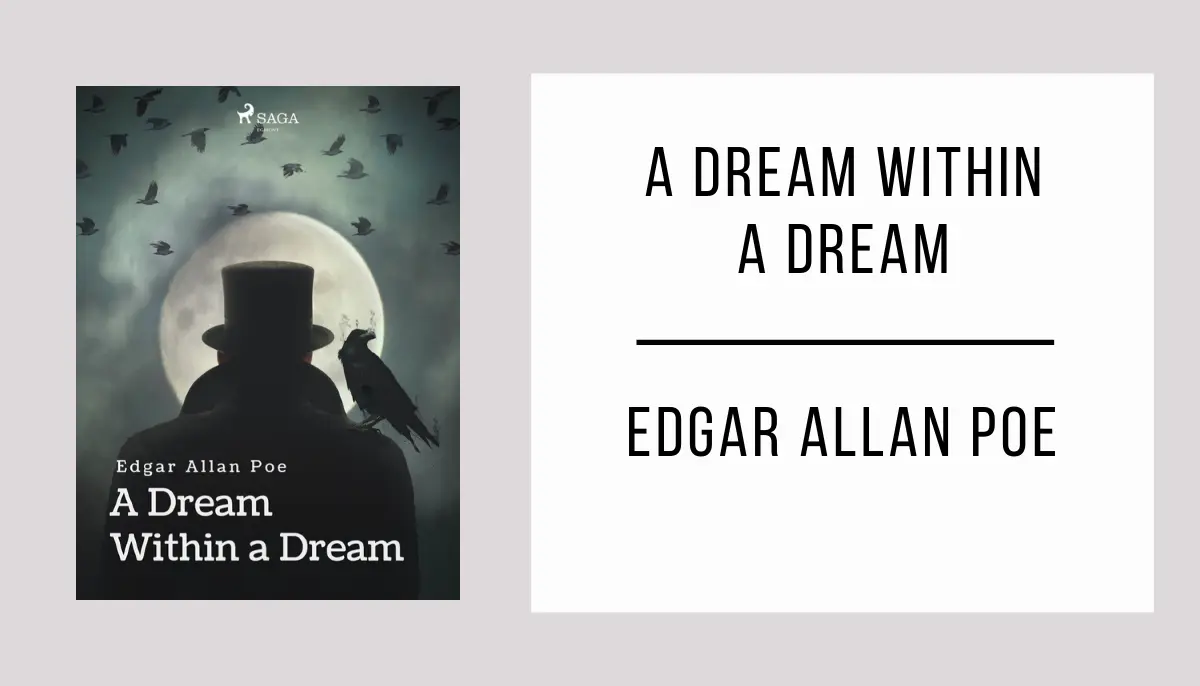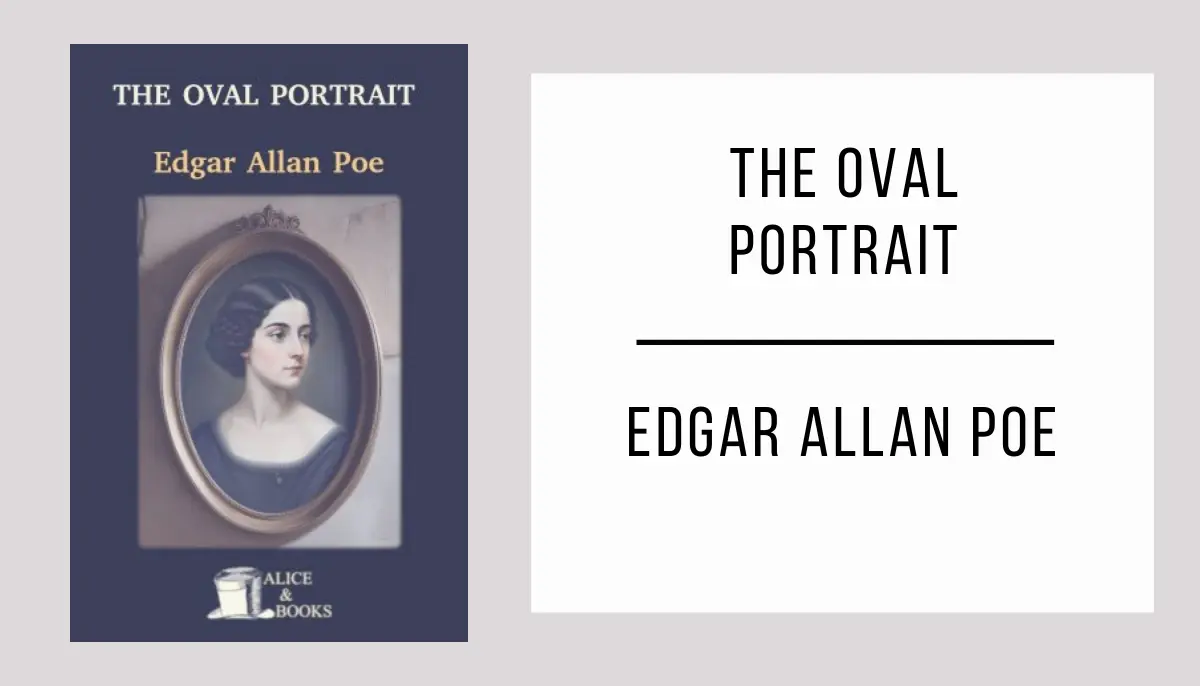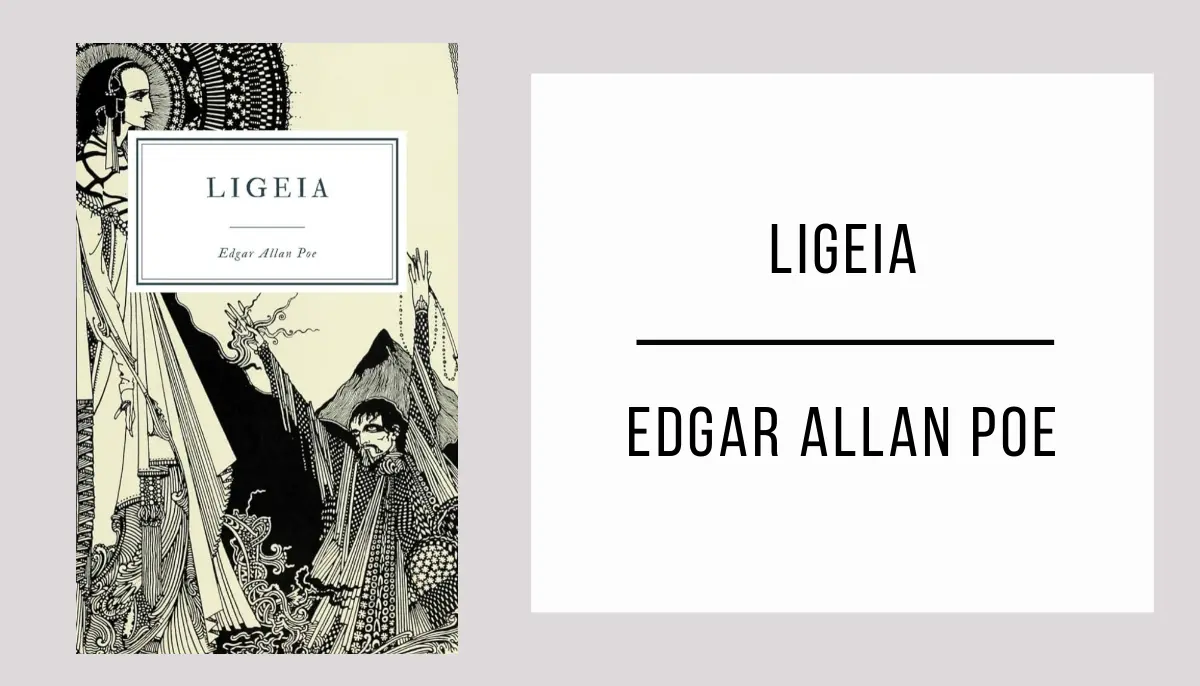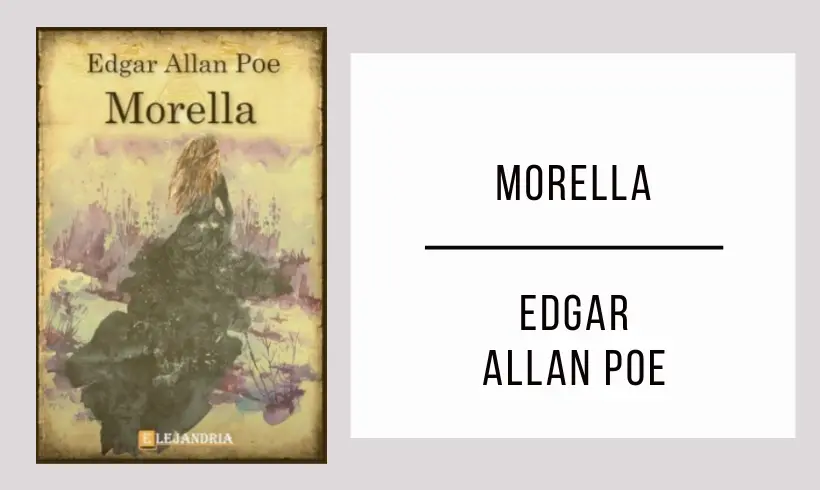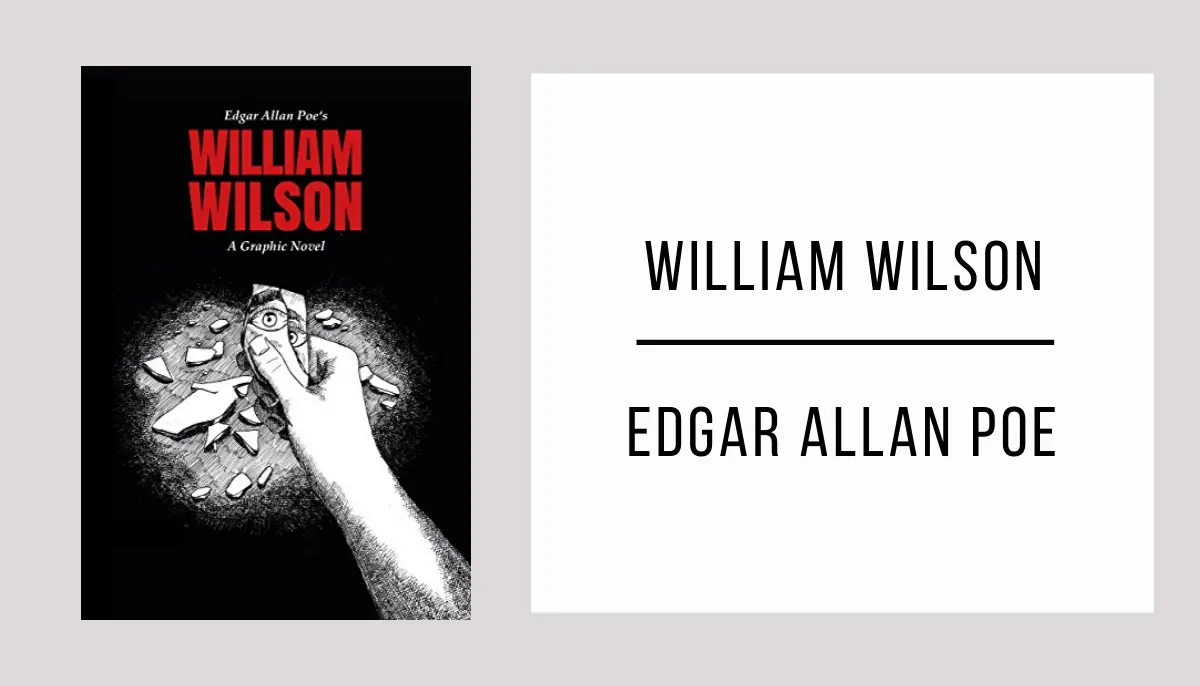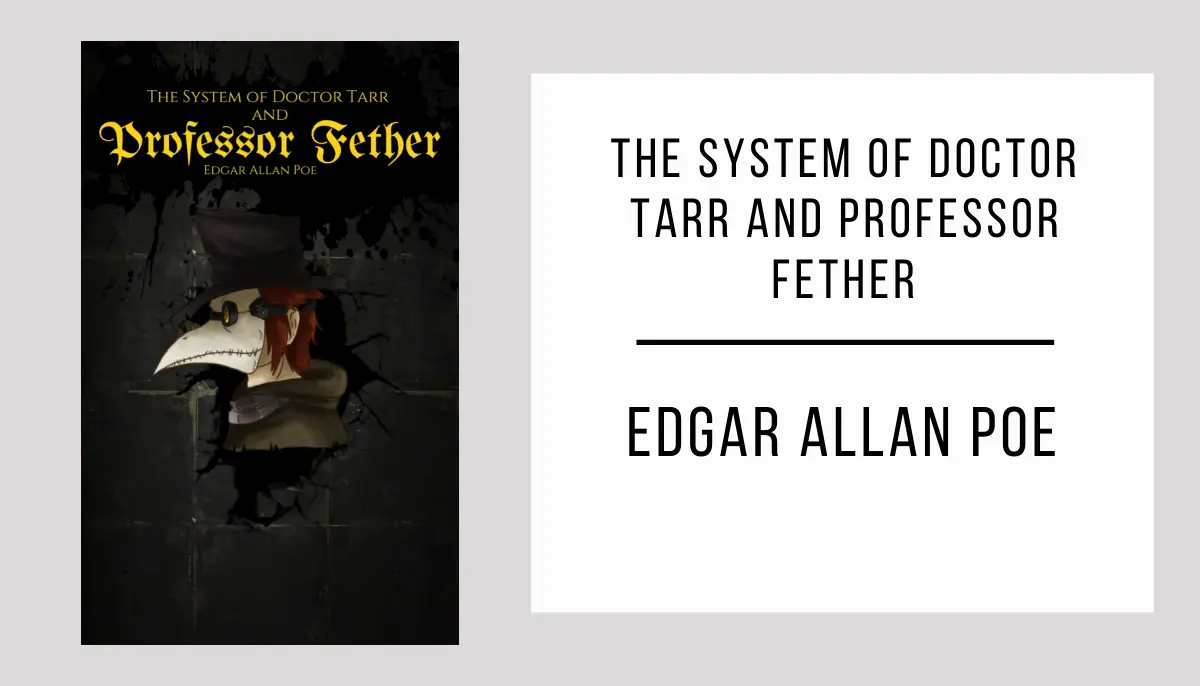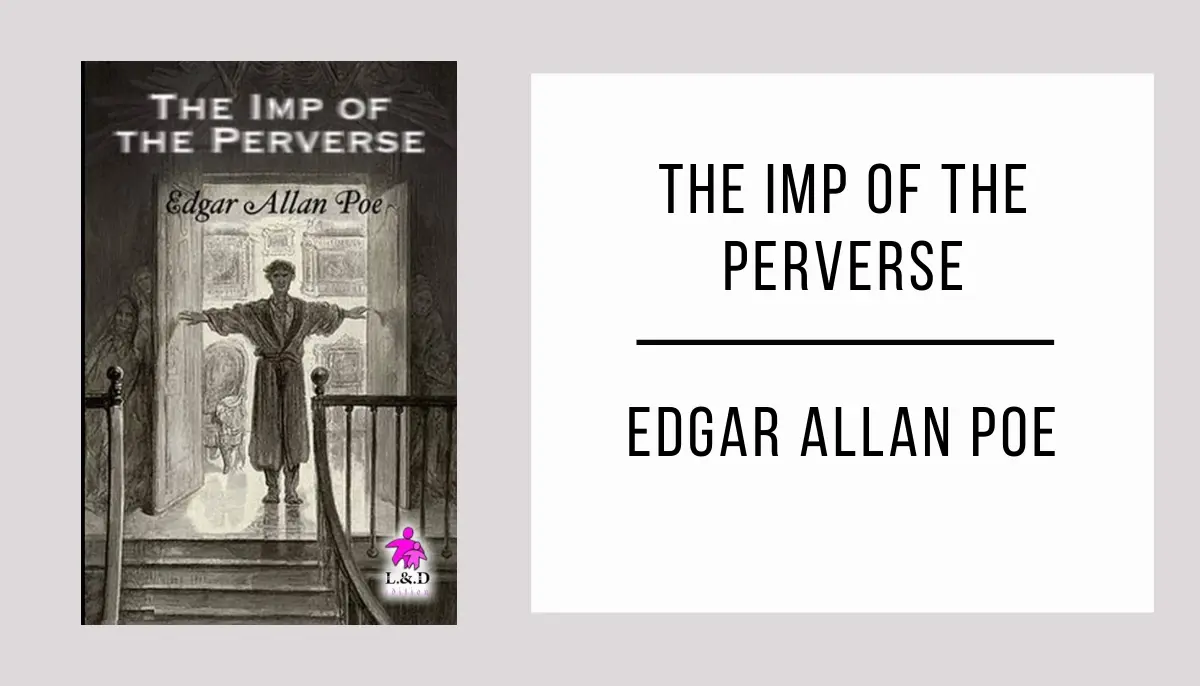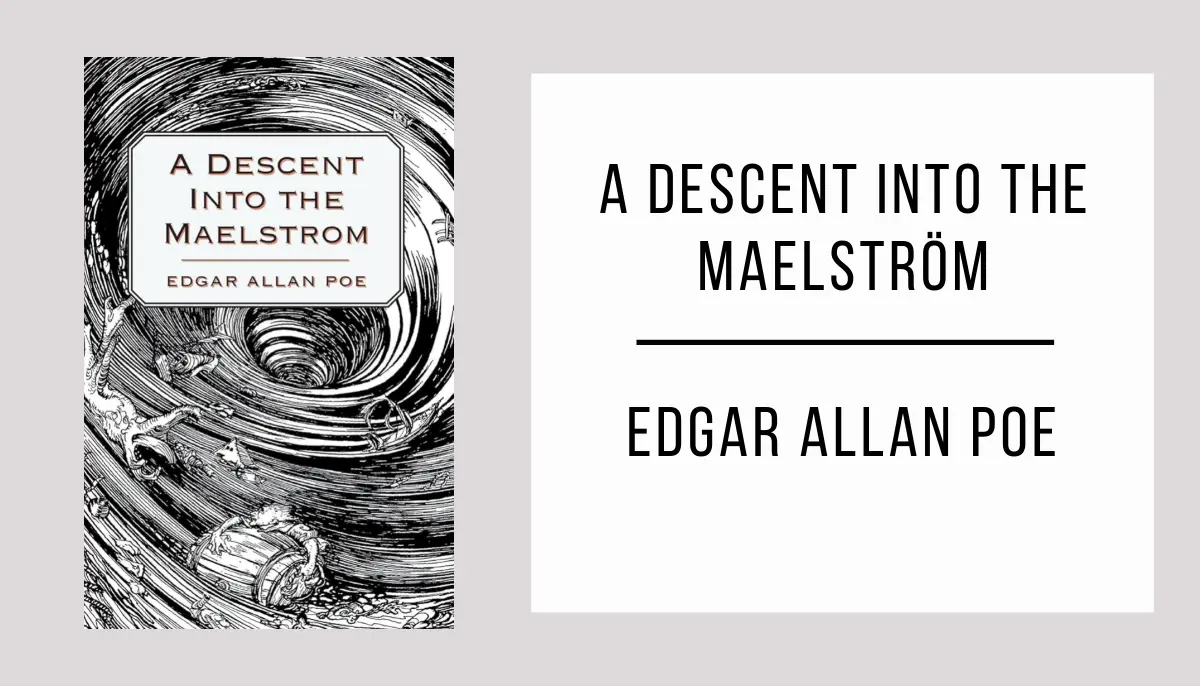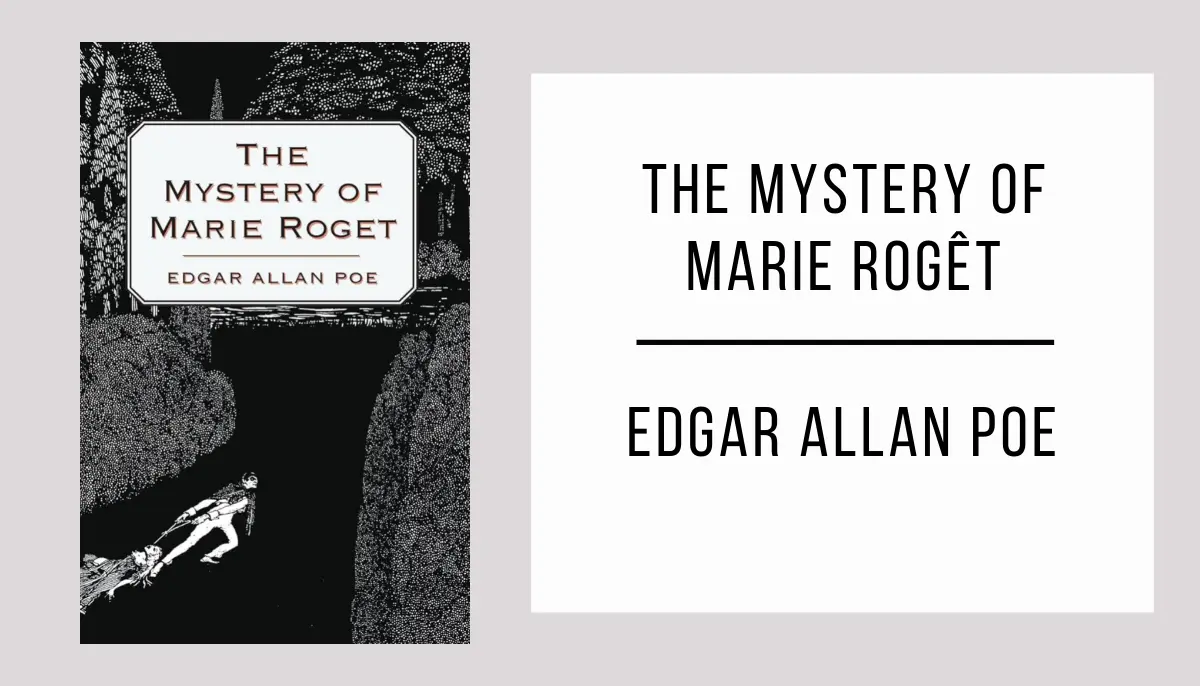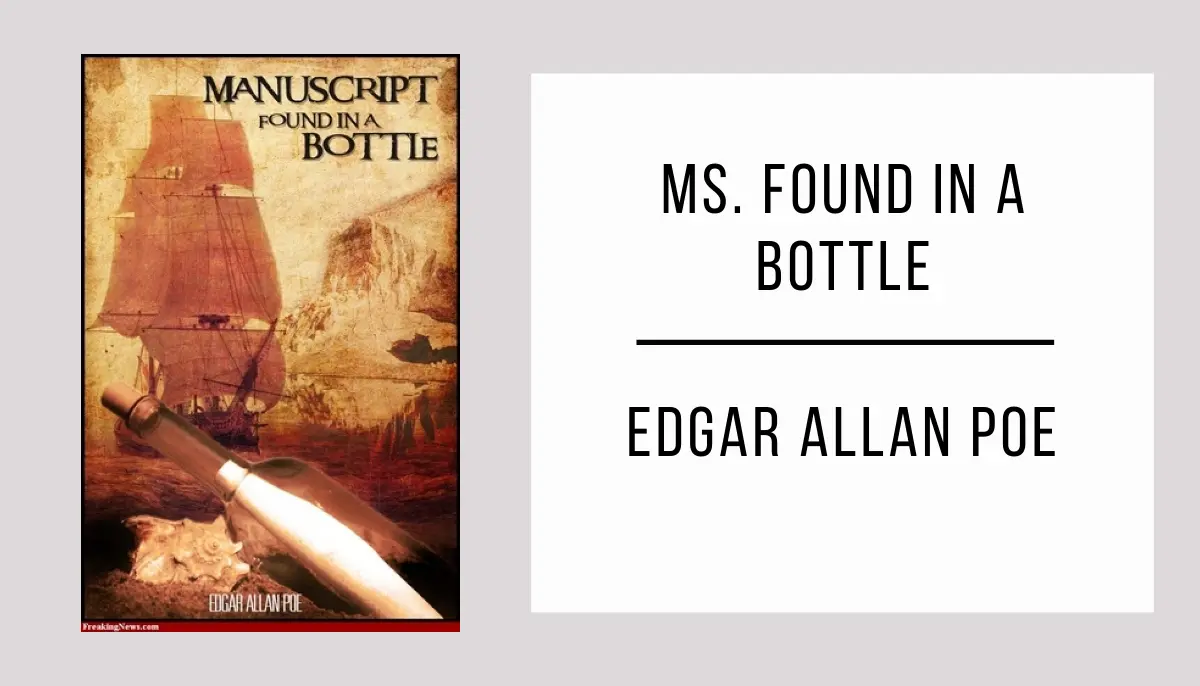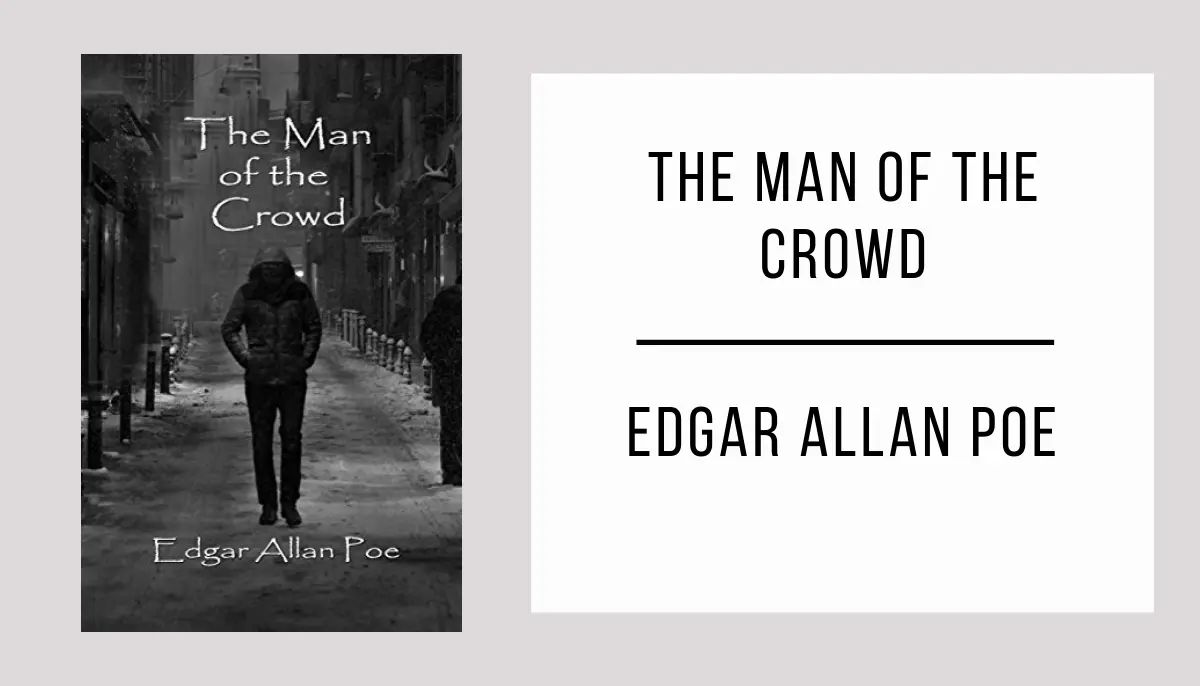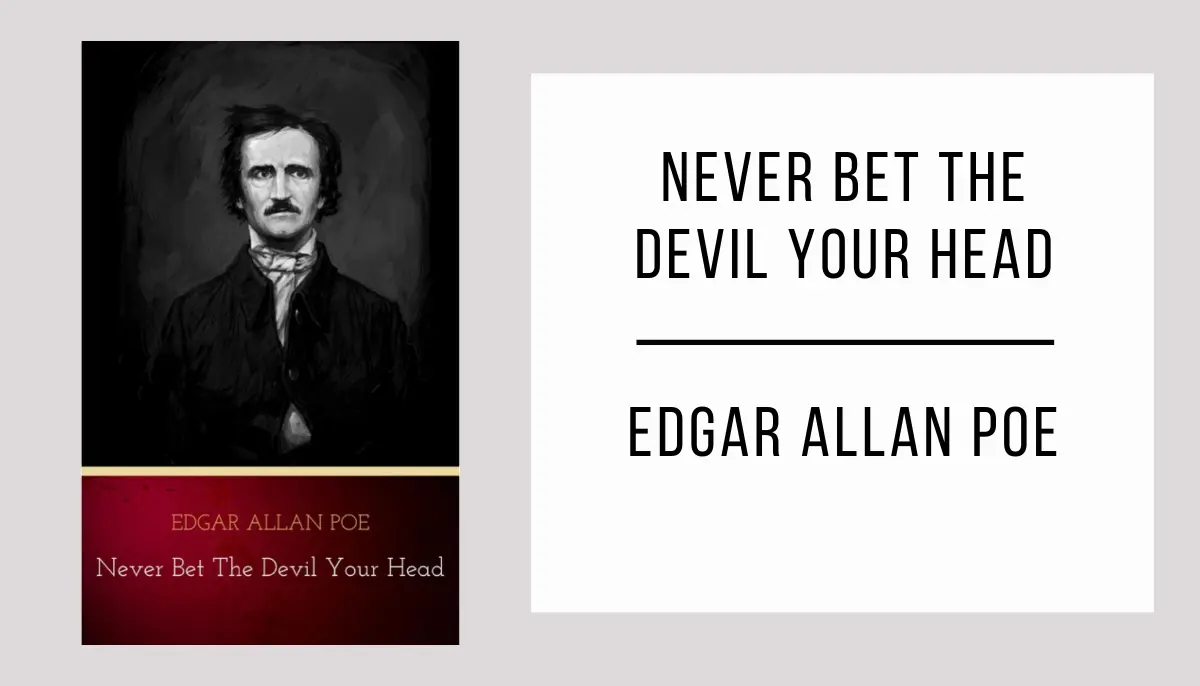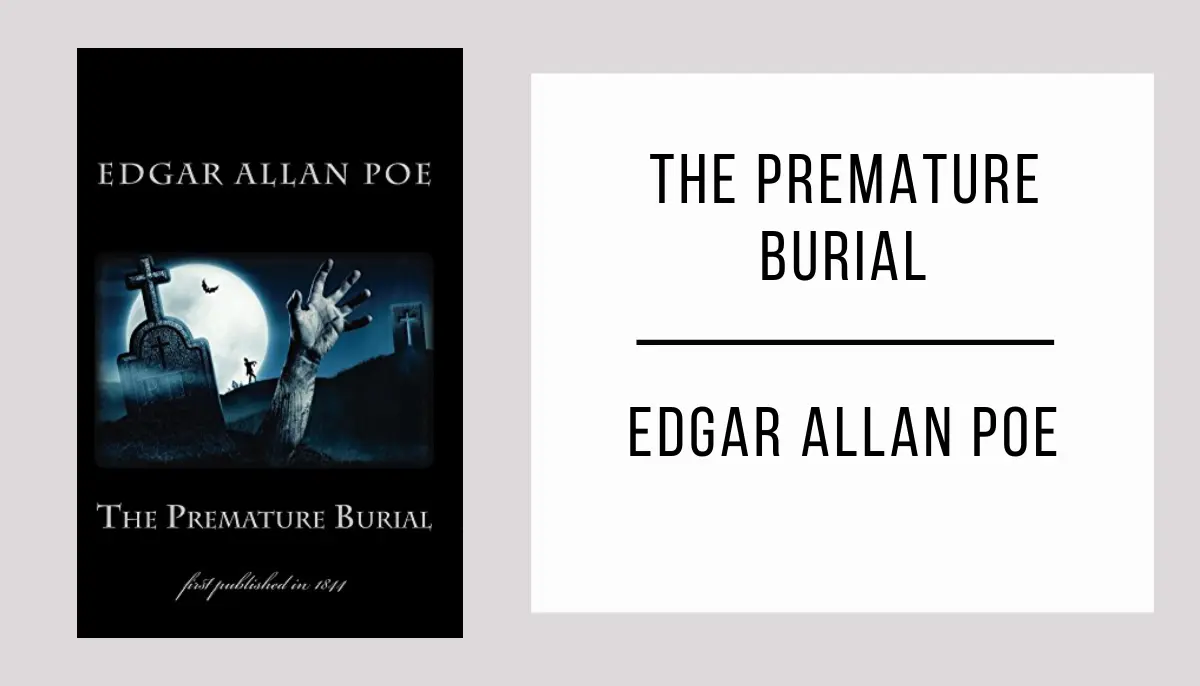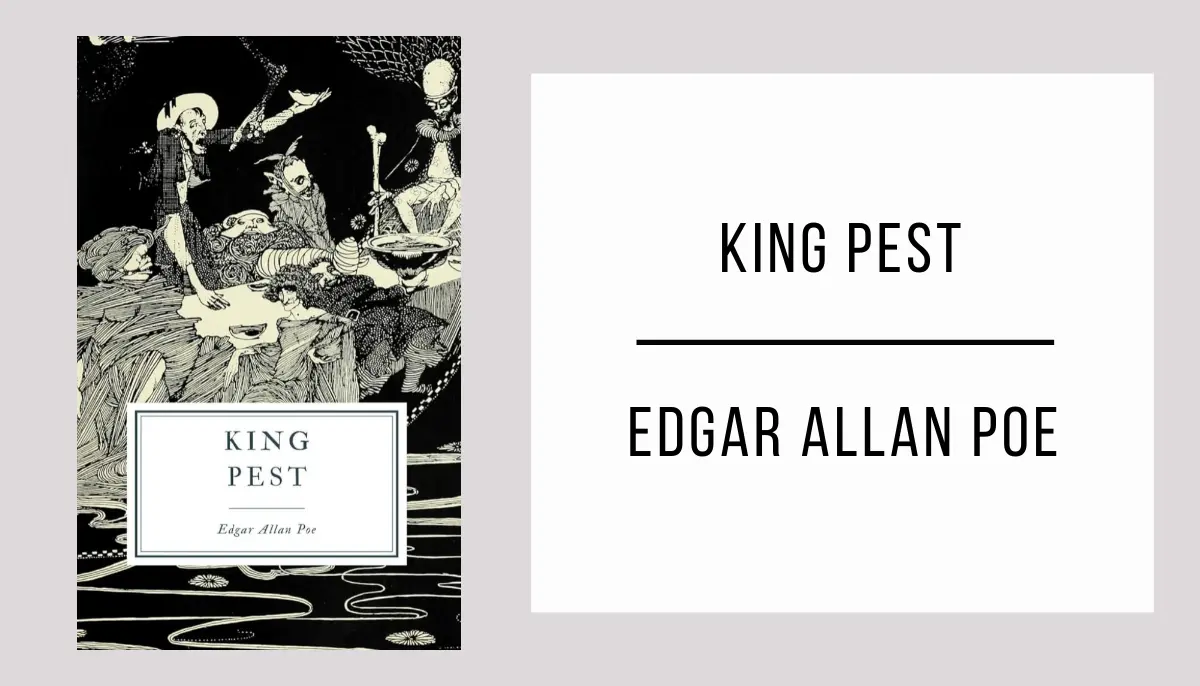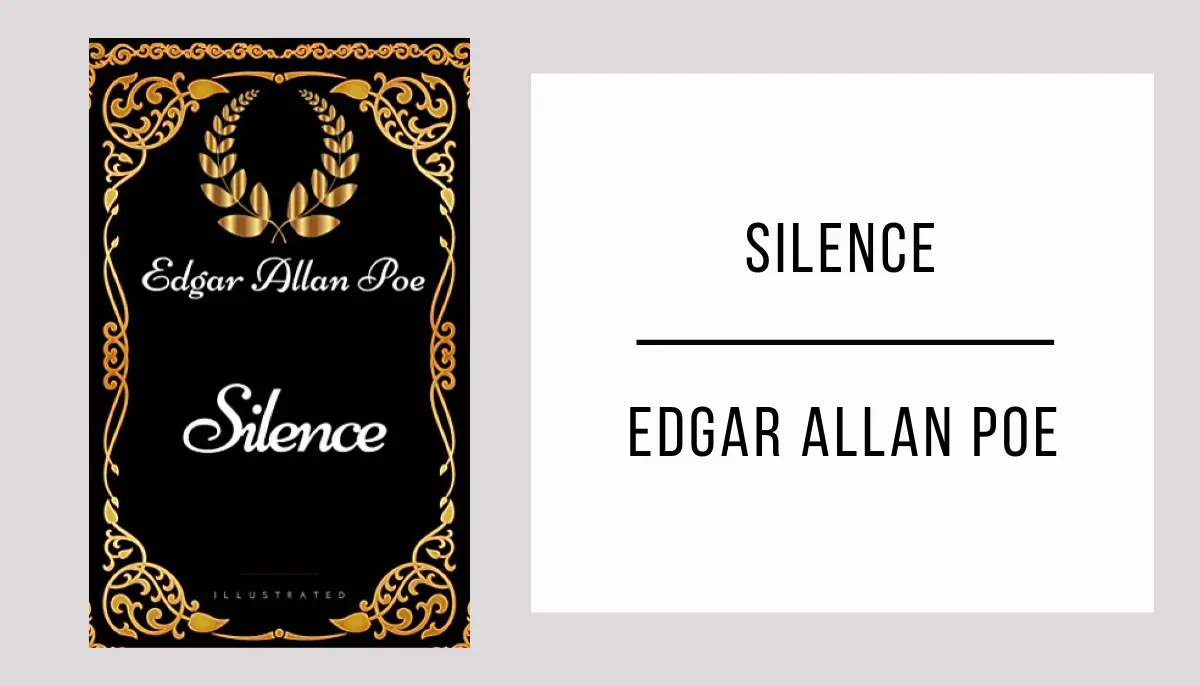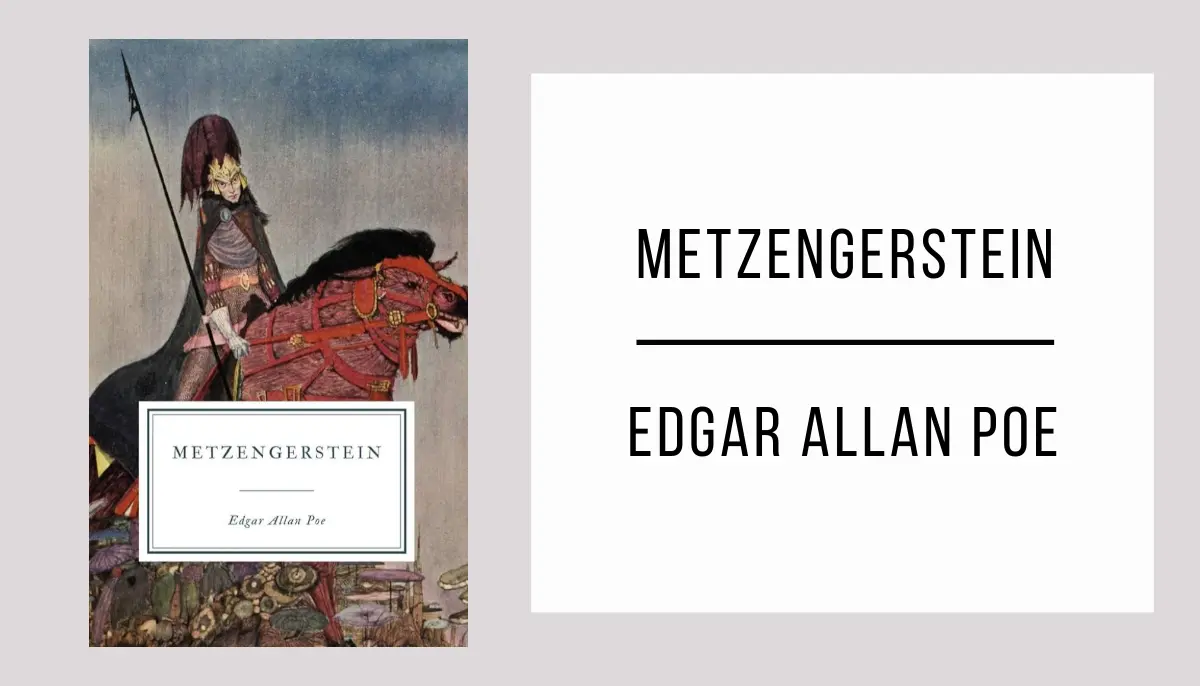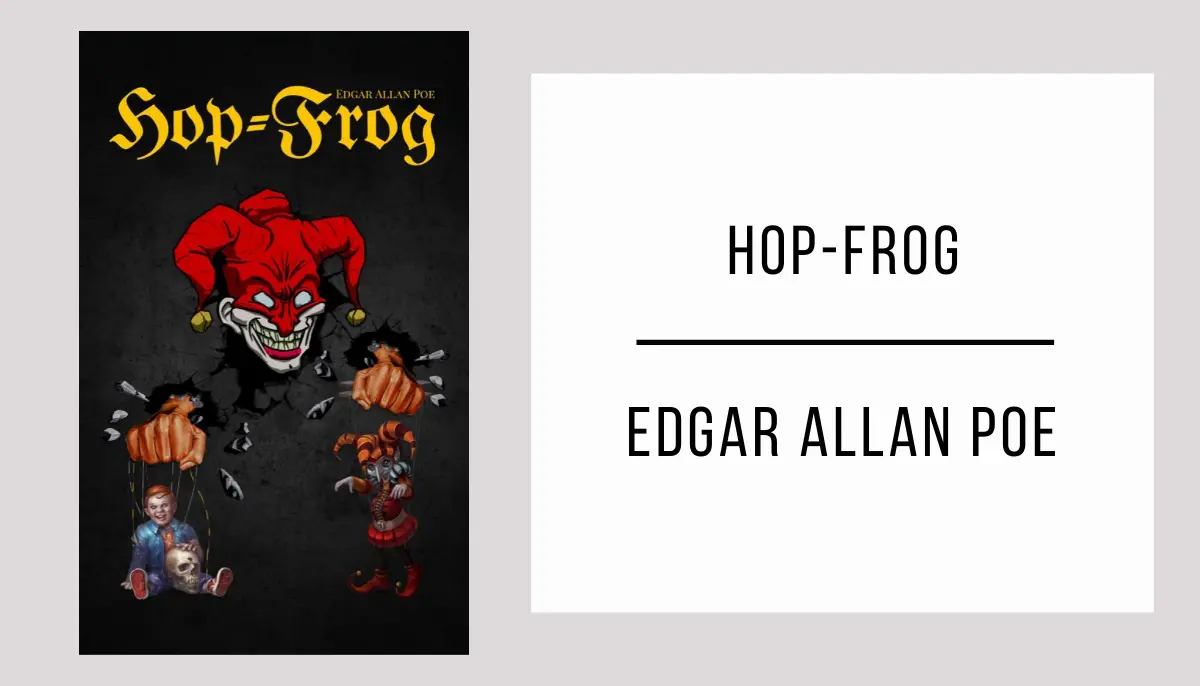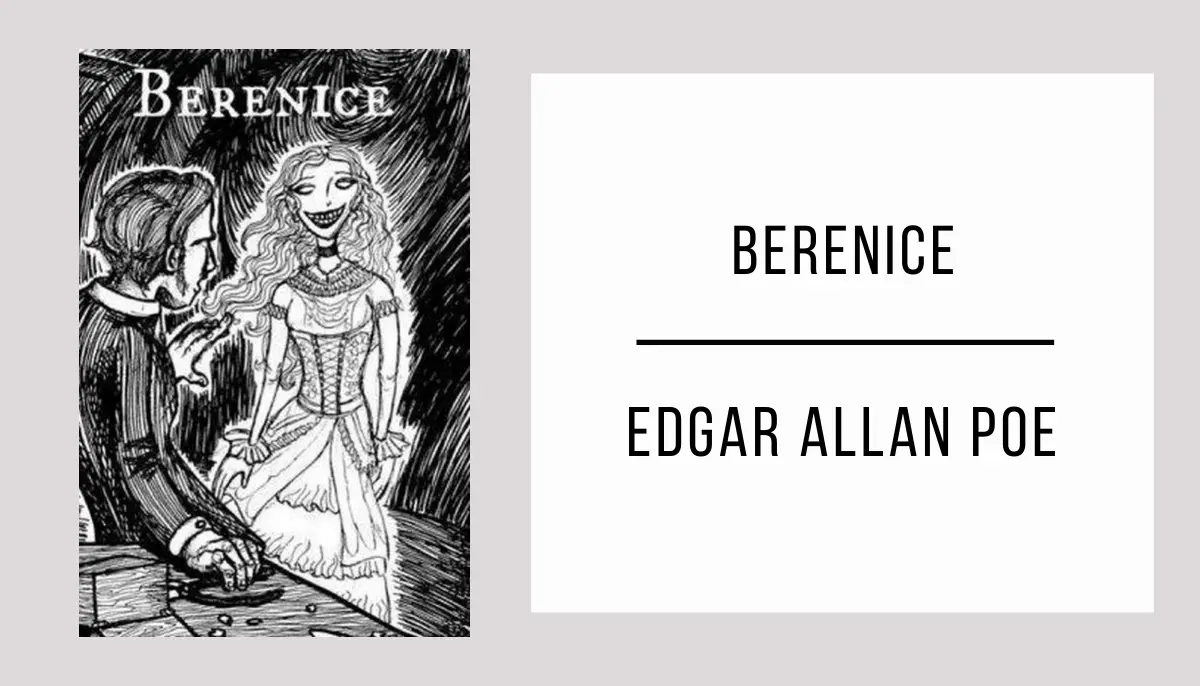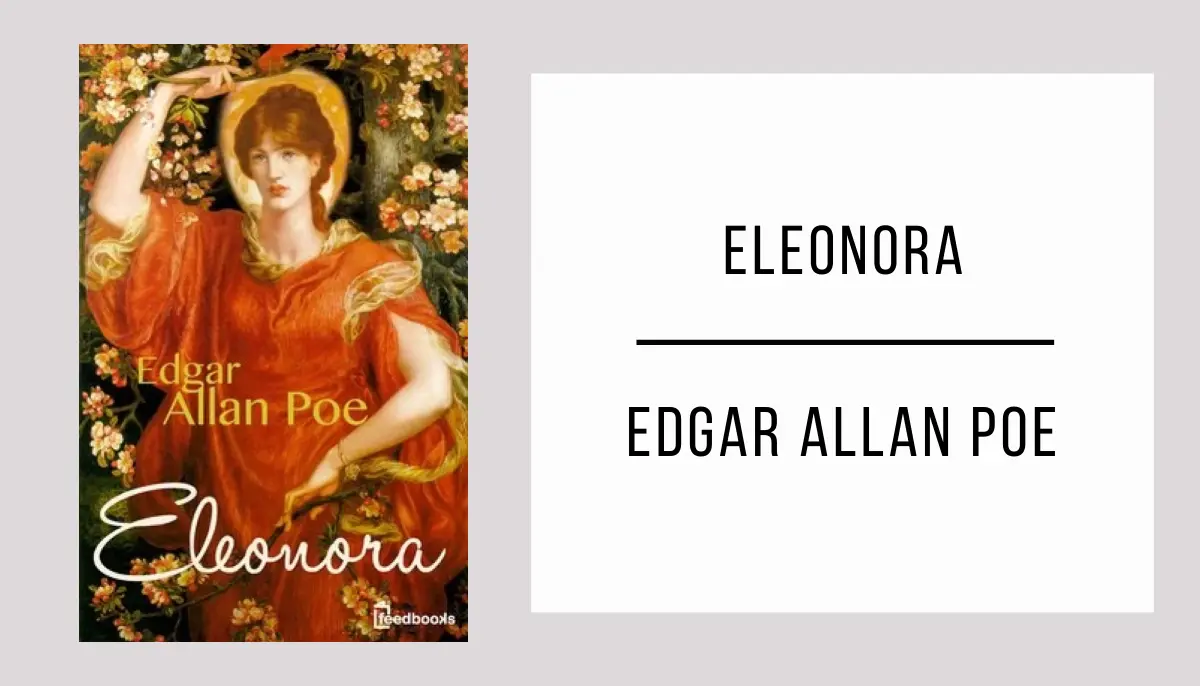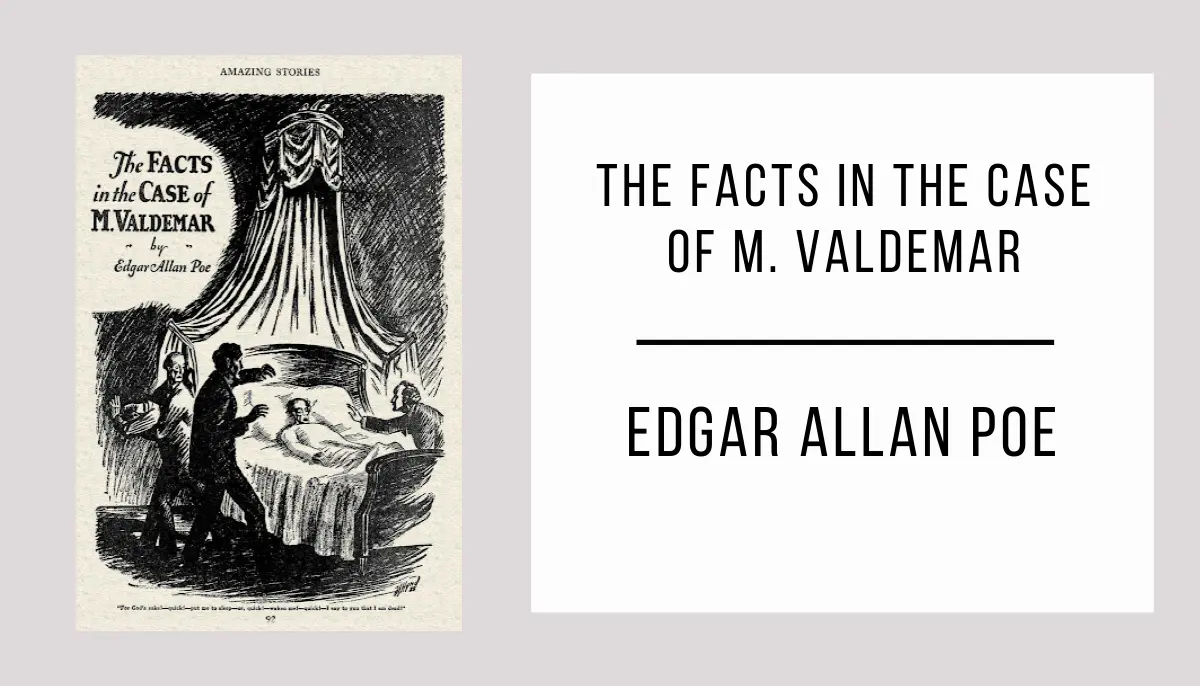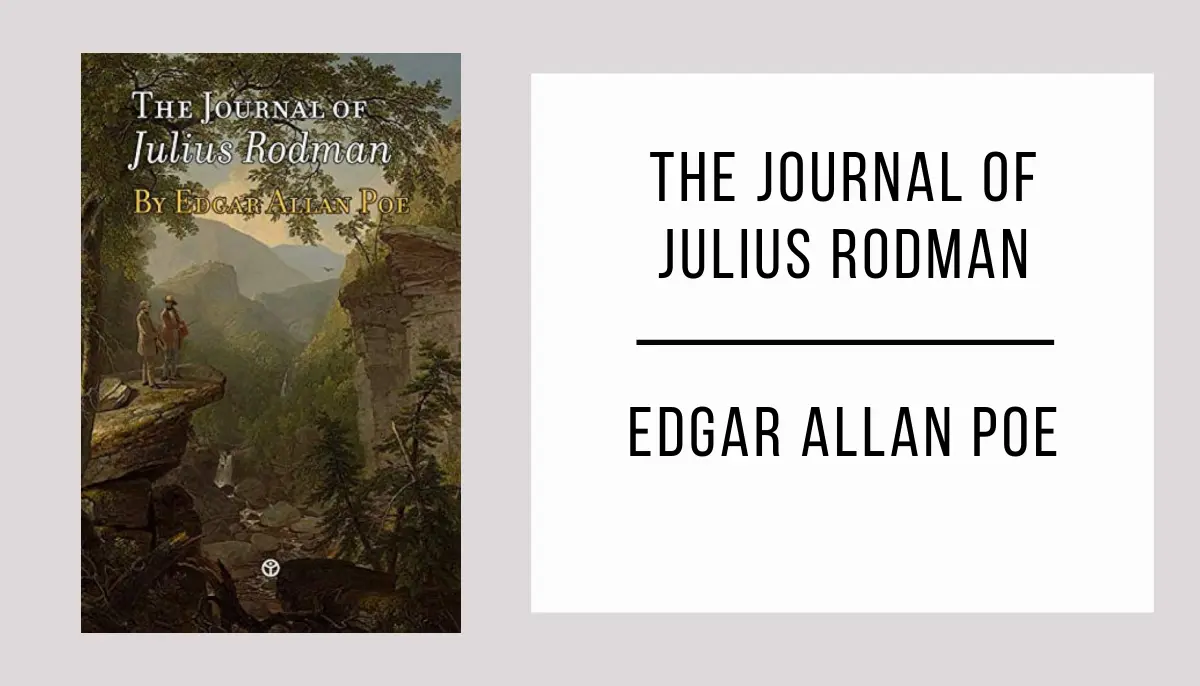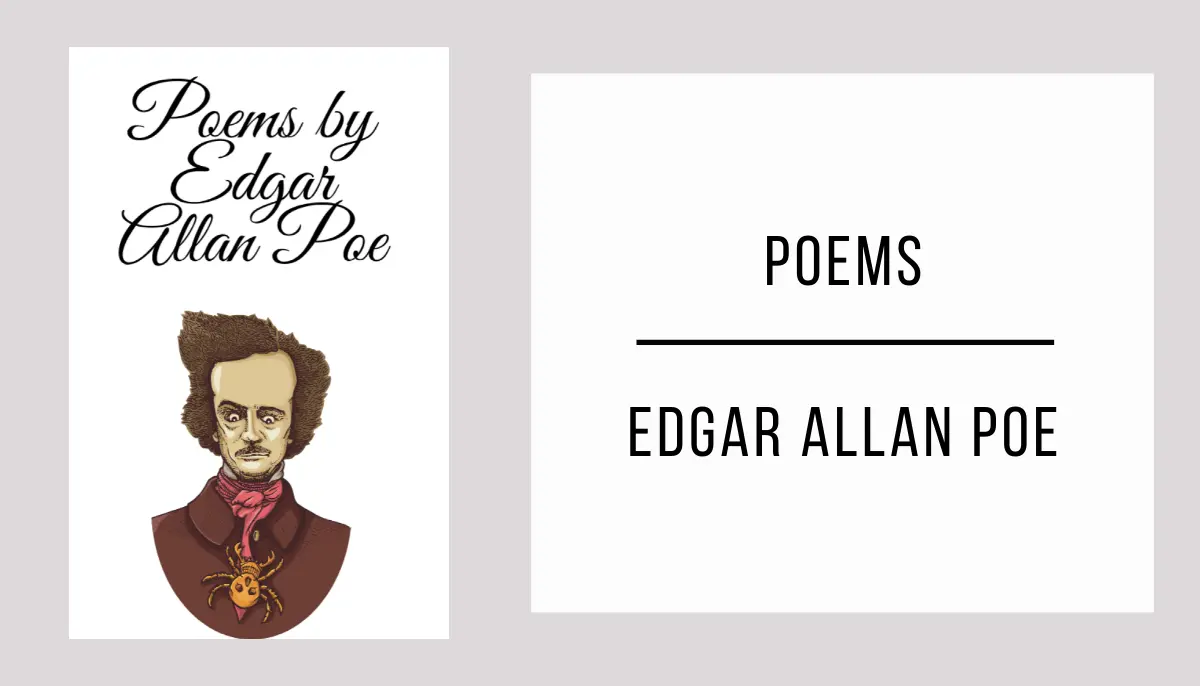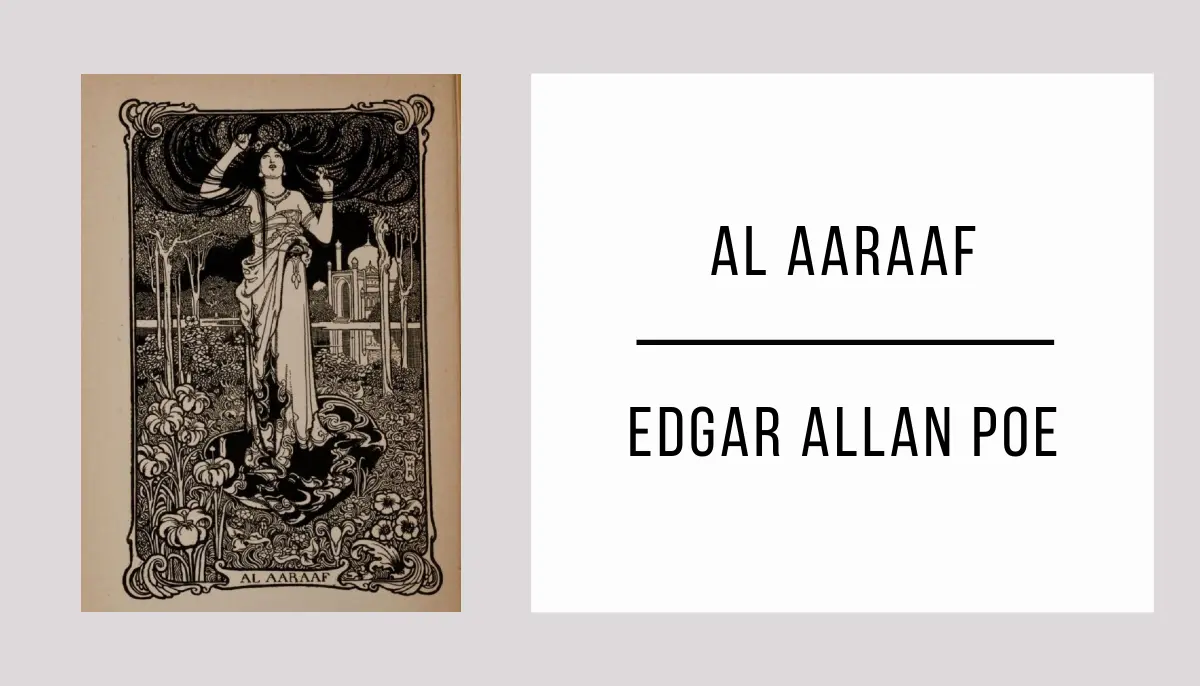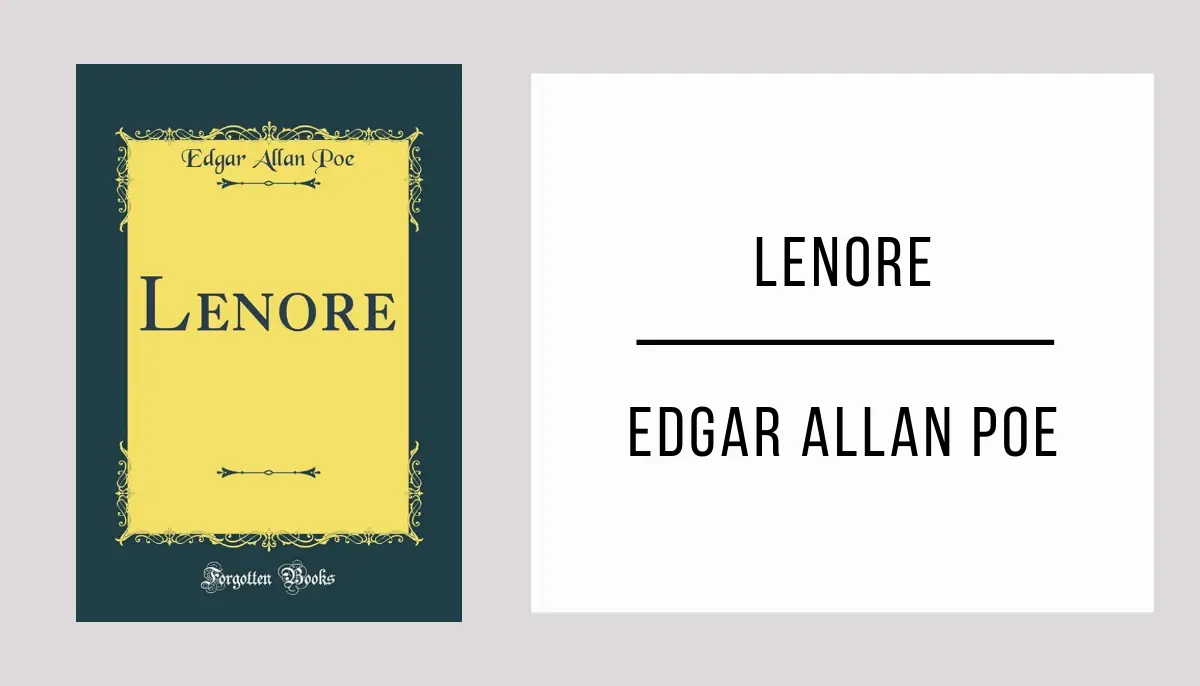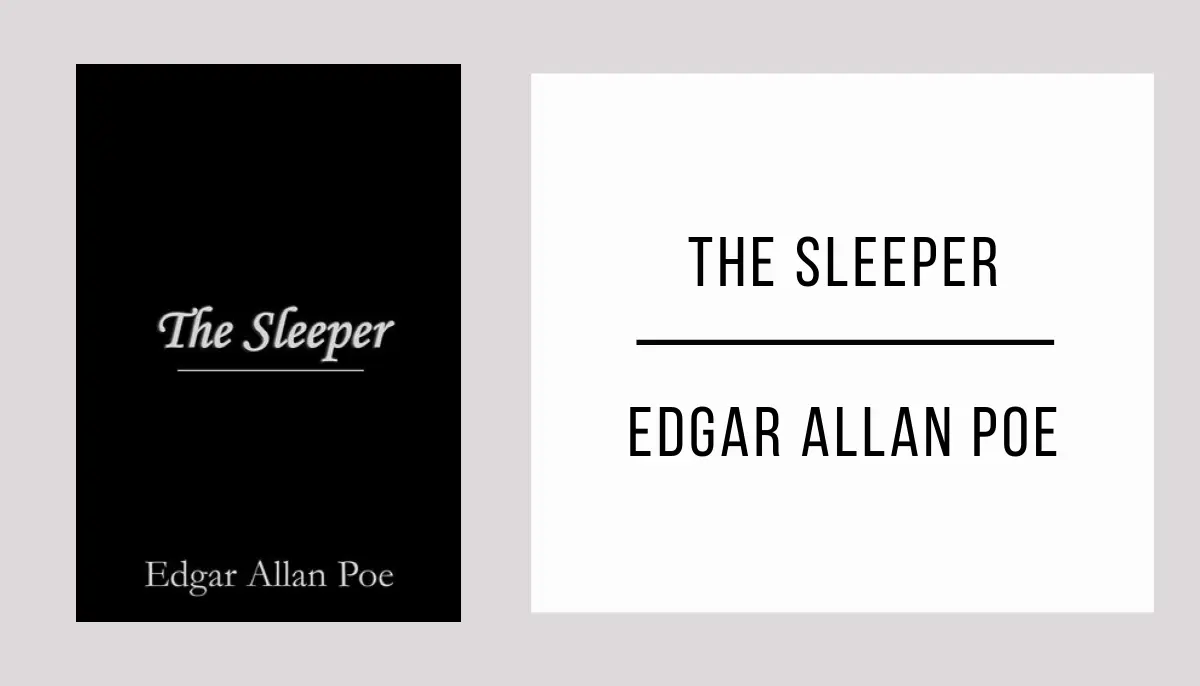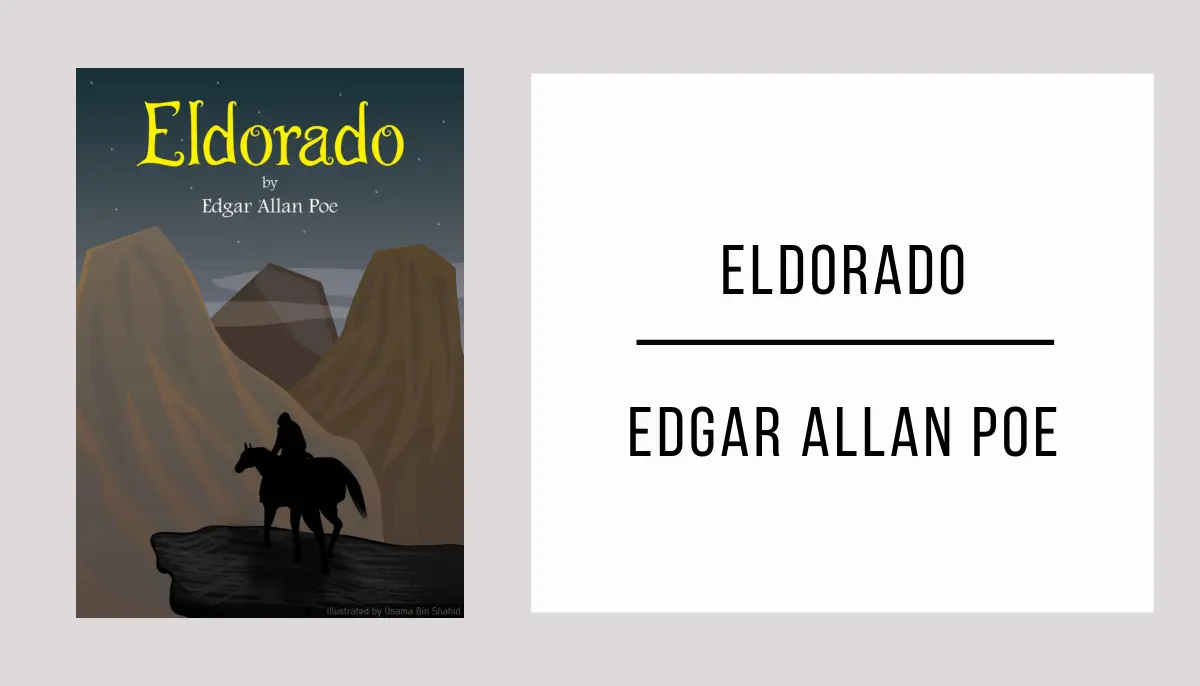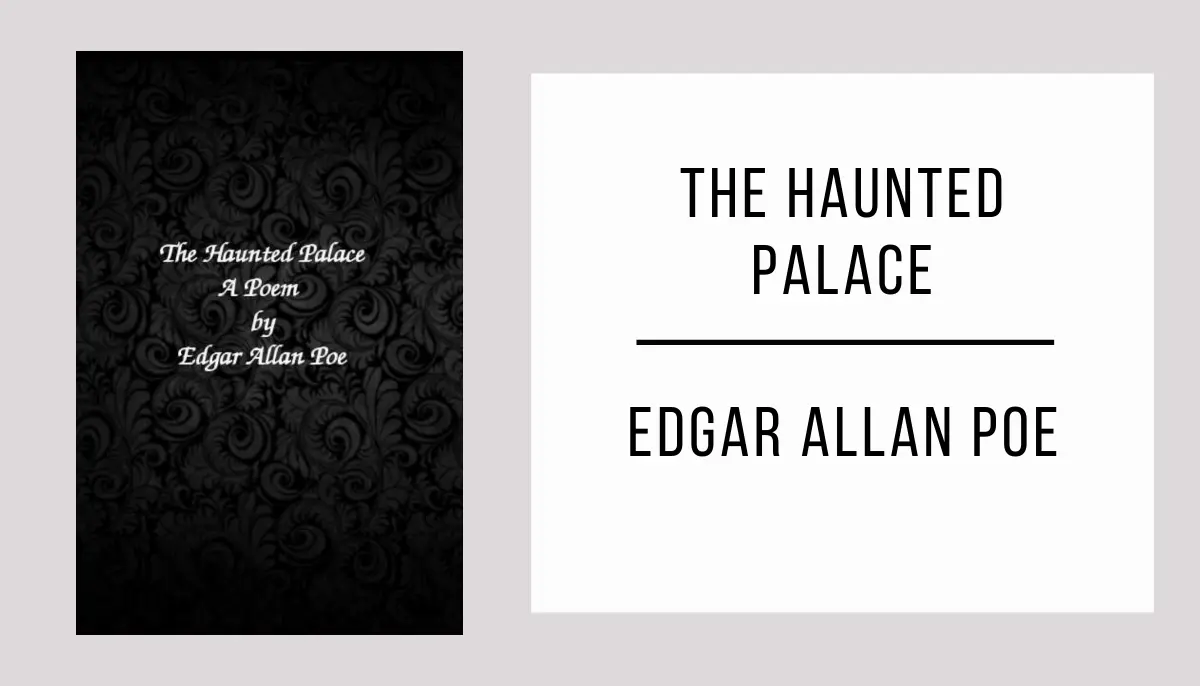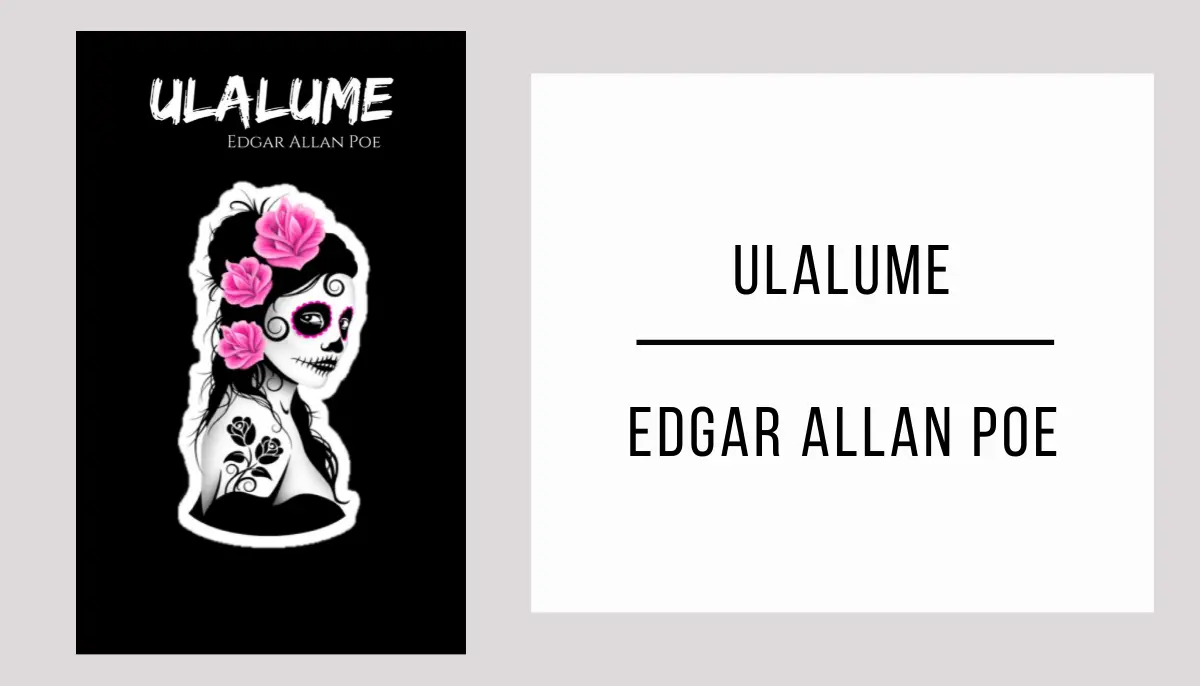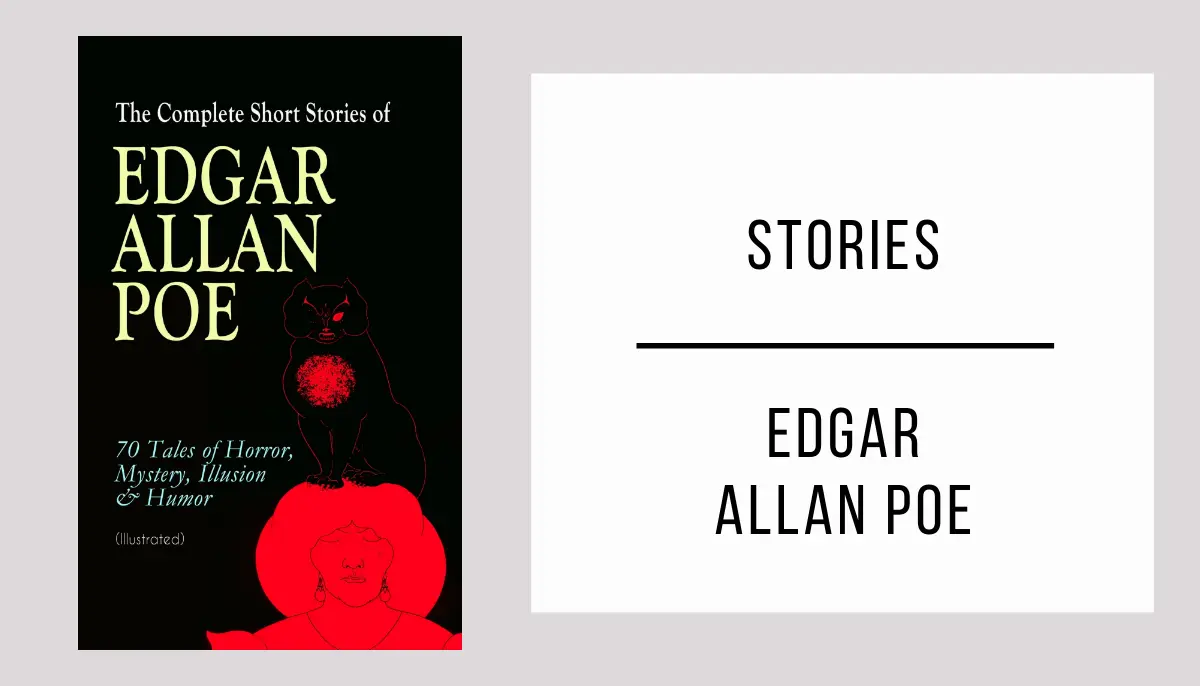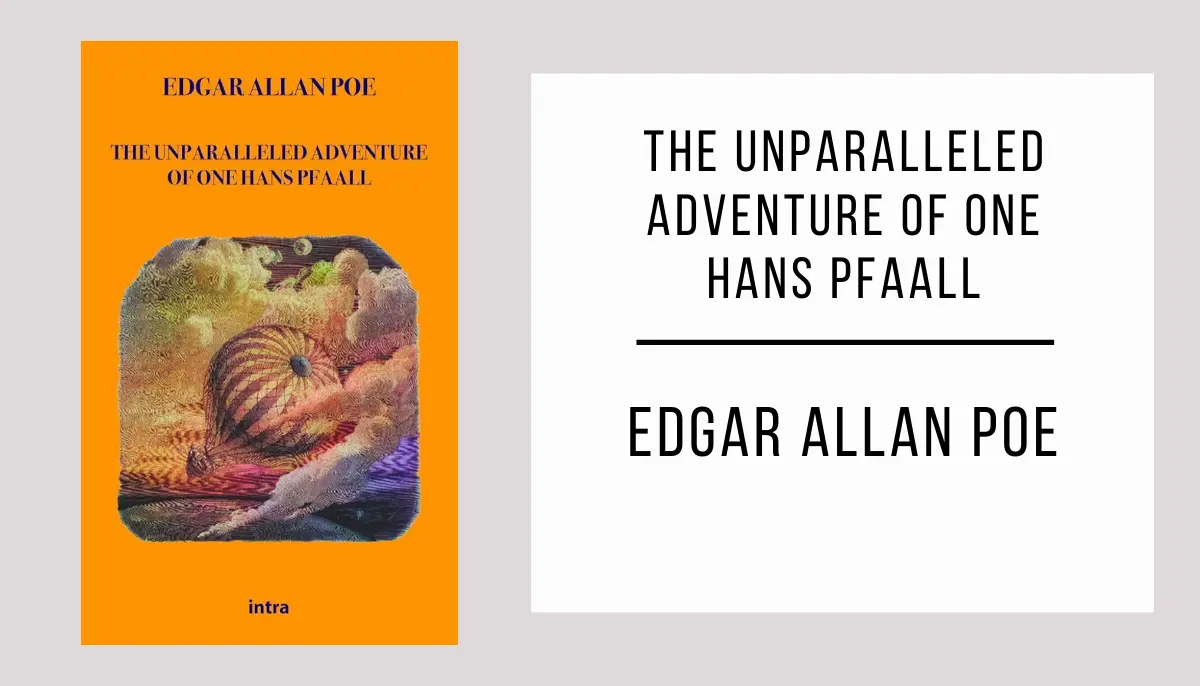“Tamerlane,” the masterpiece by Edgar Allan Poe, is a journey through the shadows of ambition and tragedy. Immerse yourself in the dark and captivating world of this classic novel.
Download “Tamerlane” now in free PDF format and enjoy this literary gem in the comfort of your home. This is your opportunity to delve into the masterful mind of Edgar Allan Poe.
Let yourself be seduced by Edgar Allan Poe’s unparalleled prose and uncover the profound secrets that “Tamerlane” has in store for you. Don’t miss the chance to experience a story that will keep you captivated from beginning to end.
Tamerlane and Other Poems in PDF format
*Wait a few seconds for the document to load, the time may vary depending on your internet connection. If you prefer, you can download the file by clicking on the link below.
Loading fileInformation Tamerlane and Other Poems
- Author: Edgar Allan Poe.
- Publication Date: 1827.
- Main Characters:
- Tamerlane: A Mongol conqueror, portrayed as a relentless and powerful leader.
- Ayesha: Tamerlane’s beloved, a mysterious and seductive figure.
- The poet: The narrator of the story, who is fascinated by the life and legend of Tamerlane.
- Brief summary: “Tamerlane” is a narrative poem that tells the story of the Mongol conqueror Tamerlane and his love for Ayesha.
- Thematic analysis: “Tamerlane” reflects on the desire for power and human mortality. Through the figure of Tamerlane, Poe examines the ephemeral nature of greatness and the fragility of human life in the face of the relentless passage of time.
- Historical context: “Tamerlane” was one of Edgar Allan Poe’s early published works. It was printed in 1827 when Poe was only 18 years old and shows influences from the Romantic and Gothic poetry of the time. The poem did not gain significant recognition at the time, but it laid the groundwork for the distinctive literary style that Edgar Allan Poe would develop in his later works.


